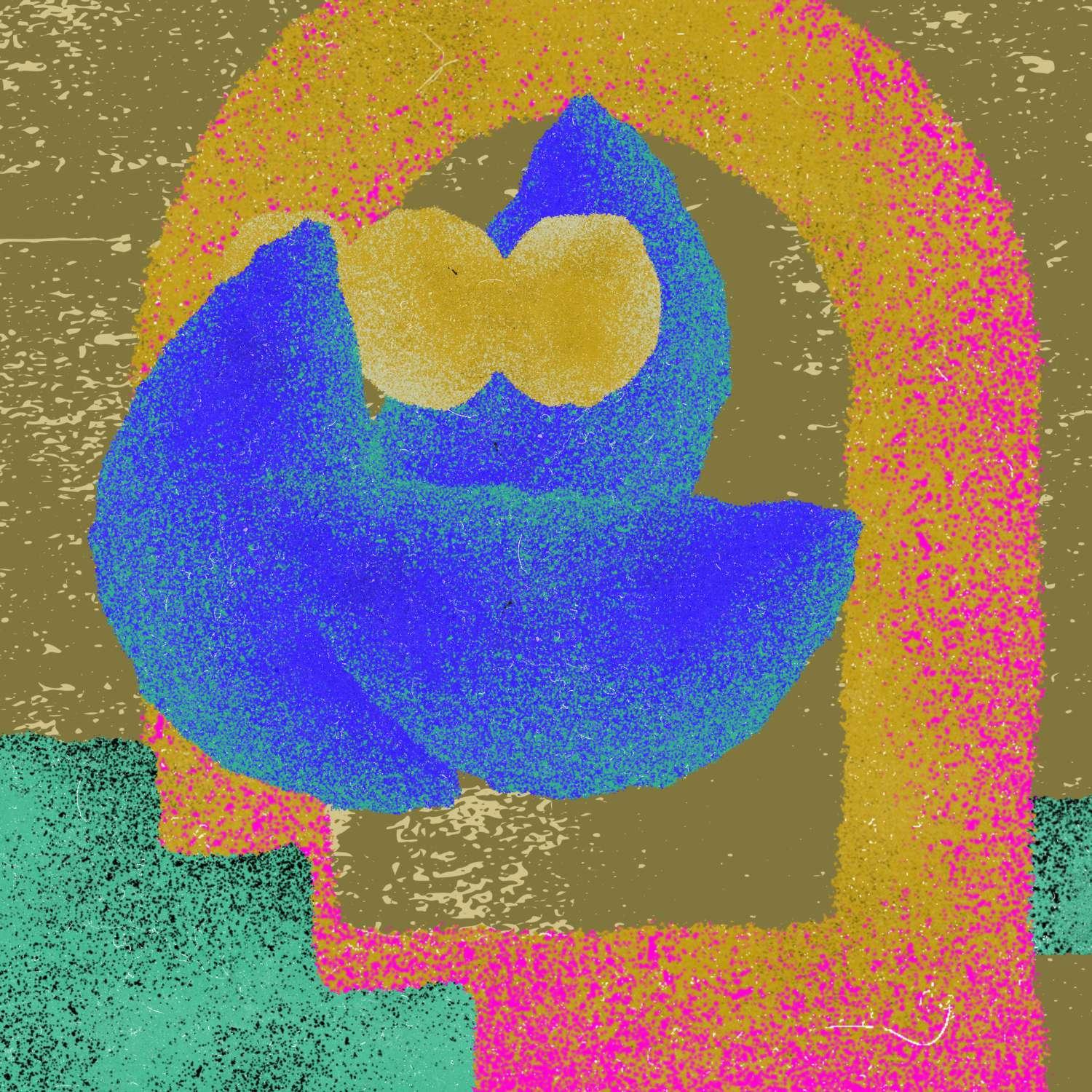
I s s u e 3 M a y 2 0 2 3
Editor’s Note
A tug of war, caught in between—
Anxiety ........ Excitement
Familiarity ........ the Unknown TENSION
A yearning for more…
…a desire for less
Torn
Fear
Fear
Fear, let go
Bodies leaning forward
Breaths in motion
Floating dreams
Chaos of the wild
Wind
A n E v e r g r e e n C r e a t i v e s I n i t i a t i v e Releas
e
Credits
MOTIF STAFF
January Lim | Editor | Musician | Writer | Photographer
Mide Kolawole | Co-Editor | Musician | Writer
Eric Lui | Project Manager | Writer
Daniel Lee | Project Coordinator | Musician
CONTRIBUTORS
Alex Eng | Artist
Andrew Cobb | Writer
Angie Fong | Proofreader
Blake Tomsen | Writer
Bruce Chow | Photographer | Writer
Colin Althaus | Sound Engineer
DJ Uno | Writer | Artist
Gavin Otteson | Artist
Ivey Ao | Featured Artist
Jang Lee | Artist
Jenna Cobb | Writer
Jessica ChenFeng | Guest Writer
Joel Yoshonis | Musician
Jon Moy | Writer
Julia Hendrickson | Artist
Lovelyn Chang | Writer
Maida Chan | Writer
Marian Sunabe | Writer | Photographer
Maya Olson | Artist | Photo Editor
Quincy Sakai | Artist
Randi Brydon | Writer
Robert Jong | Artist | Photographer
Wendy Lew Toda | Artist
Cover Art by Julia Hendrickson | www.juliahendrickson.com | @juliahendrickson
Layout Design by Isabel Bortagaray | Instagram @isabortagaray
Contents +
EDITOR’S NOTE Become
POETRY
Wendy Lew Toda }
REFLECTIONS
Mirror | Maida Chan | Artwork by Gavin Otteson
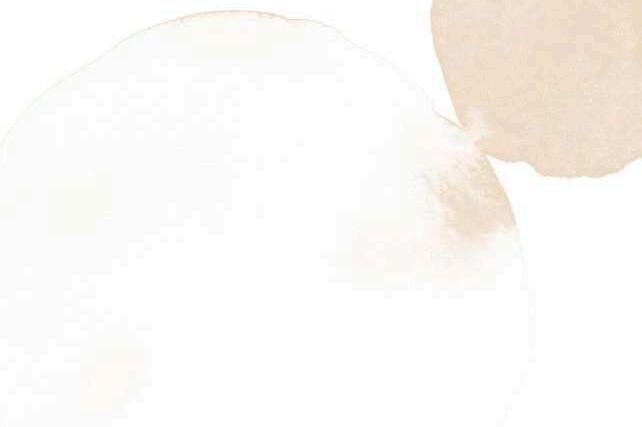
Setting the Captives Free | Andrew and Jenna Cobb | Photography by Bruce Chow
1 John 1:9 | Bruce Chow
Letting Go | Jang Lee | Music by Daniel Lee
Ghosts | Lovelyn Chang | Artwork by Robert Jong
Breathe | Quincy Sakai
Fearless | Wendy Lew Toda | Music by Daniel Lee
A Memory | Robert Jong
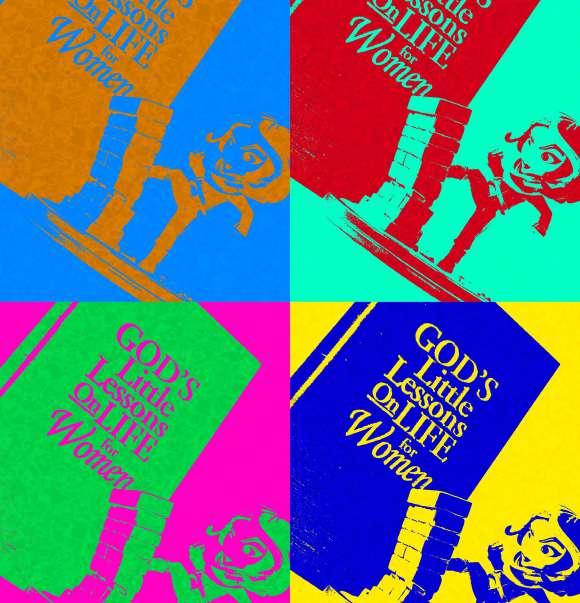
Chill Pill | Randi Brydon | Artwork by Alex Eng
In the Hands Of God | Alex Eng
Nineteen Ninety Tree | Eric Lui | Graphic Art by Maya Olson
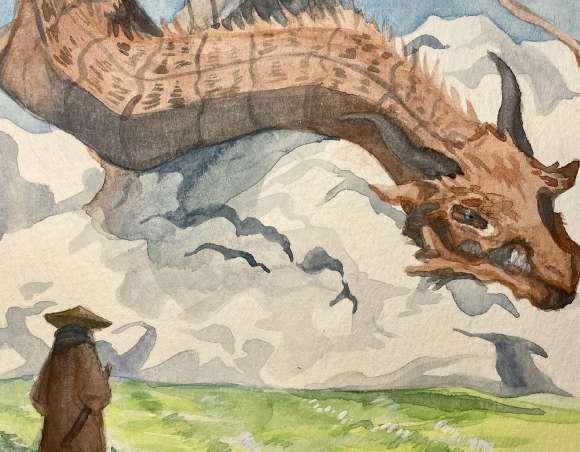
Untitled
Release | Lovelyn Chang
I Should Just Tell You Exactly What I Tink Of You | Jon Moy 7 8 9 10 12 15 18 22 24 26 28 29 30 31 32 33 14 06
Who Tells Me Who I Am | Marian Sunabe Maybe
CHARACTERS
CONVERSATIONS
Ivey Ao | Interview with January Lim
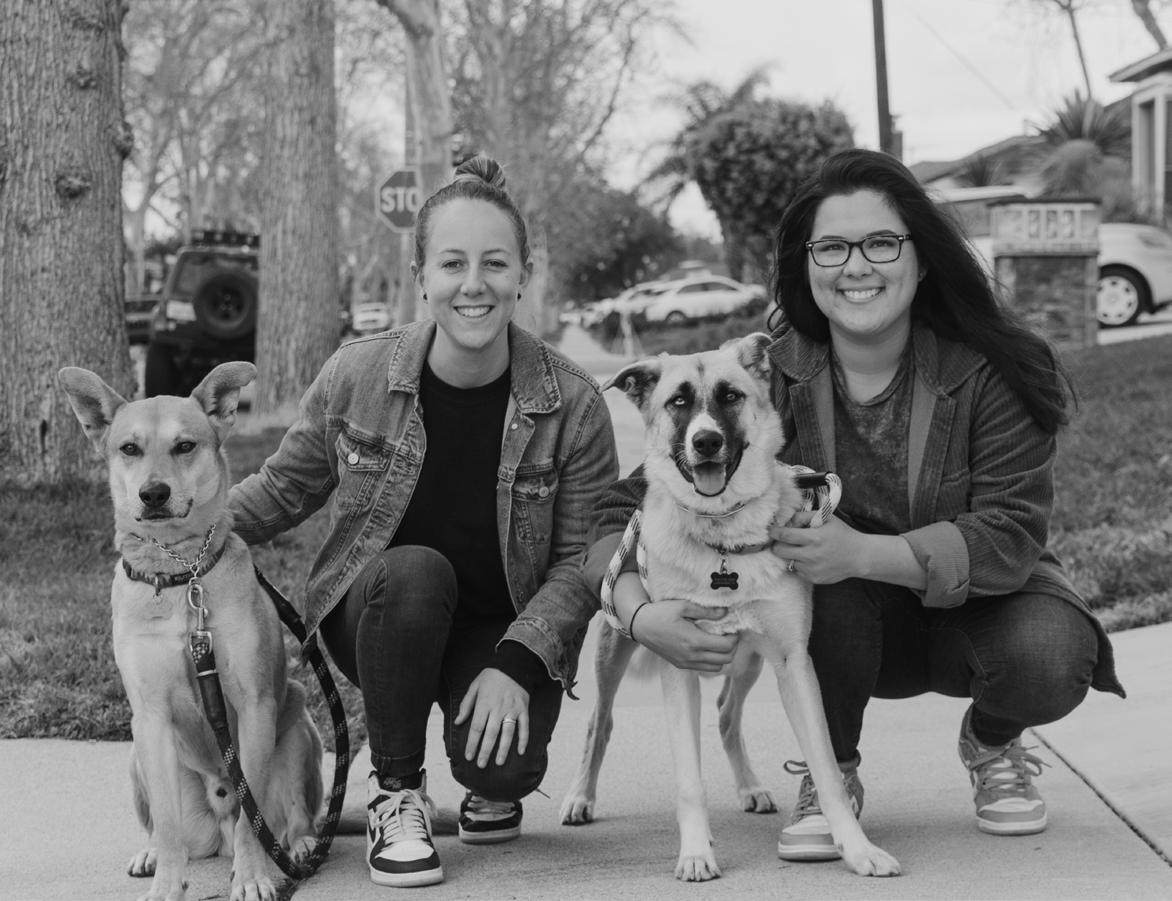
STORIES
Fragments | DJ Uno
STUDY

Missing My Flight for the First Time | Dr. Jessica ChenFeng |
PASTORAL COLUMN
Ruach | January Lim | Graphic Art by Julia Hendrickson
51 MUSIC Release EP Lyric Book Spells | Joel Yoshonis Mender of Broken Walls, Restorer of Livable Streets | Mide Kolawole Breathing In, Breathing Out | January Lim 35 37 37 38 39 40 41 46
Kennah & Randi Brydon | by Mide Kolawole |
Photography by Bruce Chow
Mide Kolawole | by Blake Tomsen | Photography by January Lim
Hendrickson 64 52 56
Graphic Art by Julia
68
poetry


Untitled
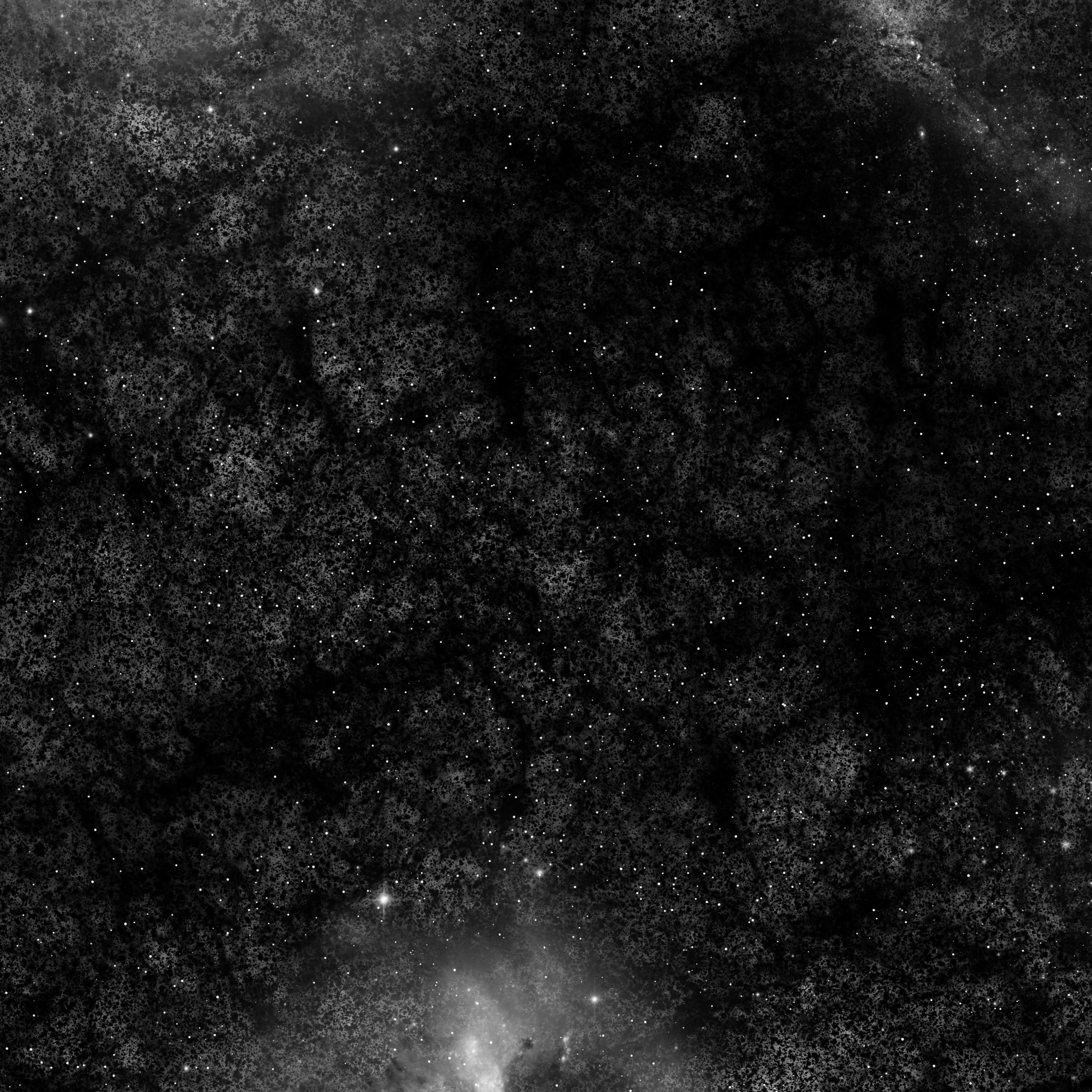 By Wendy Lew Toda
By Wendy Lew Toda
Leap into nothing
So it seems - but wait - what's this?
God is catching me.
8
POETRY
By Lovelyn Chang
The Spirit says, I am with you Nearby and Within.
Do not be afraid. Let go
Of your fears and worries.
My mind whirls
From inadequacies to Not enough time
Never good enough
Busy busy busy Buzzes
As I constantly look at the clock And rush through my day BEING RESPONSIBLE AND EXCELLENT (or at least some semblance of it)
Working through my headache
Shirking rest
To prepare for tonight’s and tomorrow’s Meals, resources, and never-ending tasks Because I must deliver!
The Spirit says, I have given you gifts. A creative spirit Wisdom
Compassion
All things will flow with my strength And Timing. Just release.
Should I stop
And pay attention to The Voice
Gently calling to me To trust
And be free from PERFECT PERFORMANCE, and FEAR OF FAILURE –
In the name of helping others–HEAVY LOADs I carry?
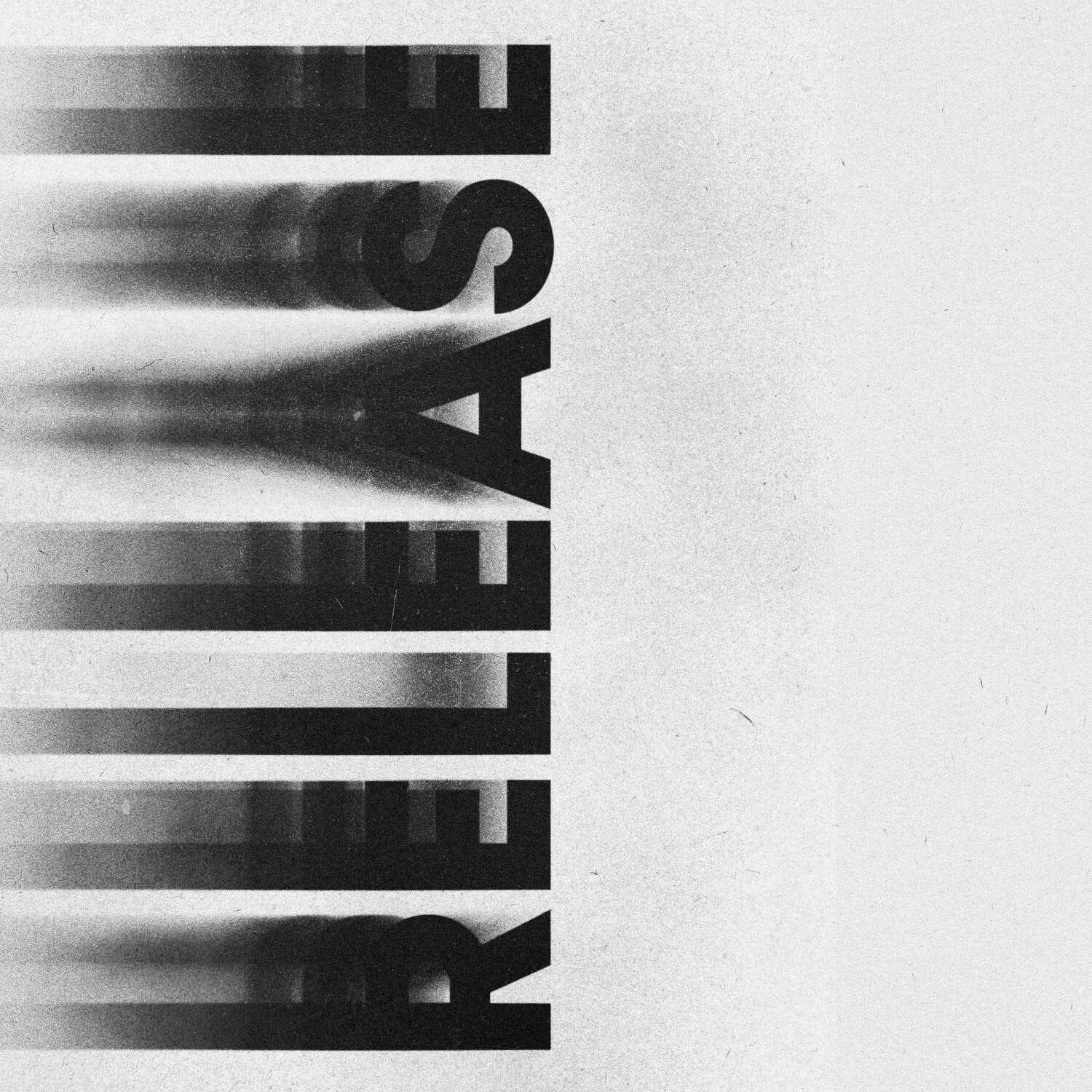
9
POETRY
By Marian Sunabe
I have a wound inflicted by a white male god
Given voice through mere mortal men.
A white male theology
Animated by generations of men. A genderless god
A raceless god
An omni-identity God
Crafted in the image of Straight white men
Dominating Insinuating
Proclaiming absolute truths Convolute truths.
You’ll make someone a good wife someday he says. You don’t have to say anything; just sit there and look pretty he says. Be modest, be submissive, be obedient he says.
But now I think I will let those words go I will let that wound heal.
I’m releasing all of those authoritarian “Christian” directives: Righteous, paternal, condescending, controlling.
Moving forward I will Question the patriarchy, Subvert systems of injustice, Value the vulnerable Hold the marginalized with mercy
Be voice for the voiceless Create community for the outcast.
I will let go of the God-voice that speaks through others
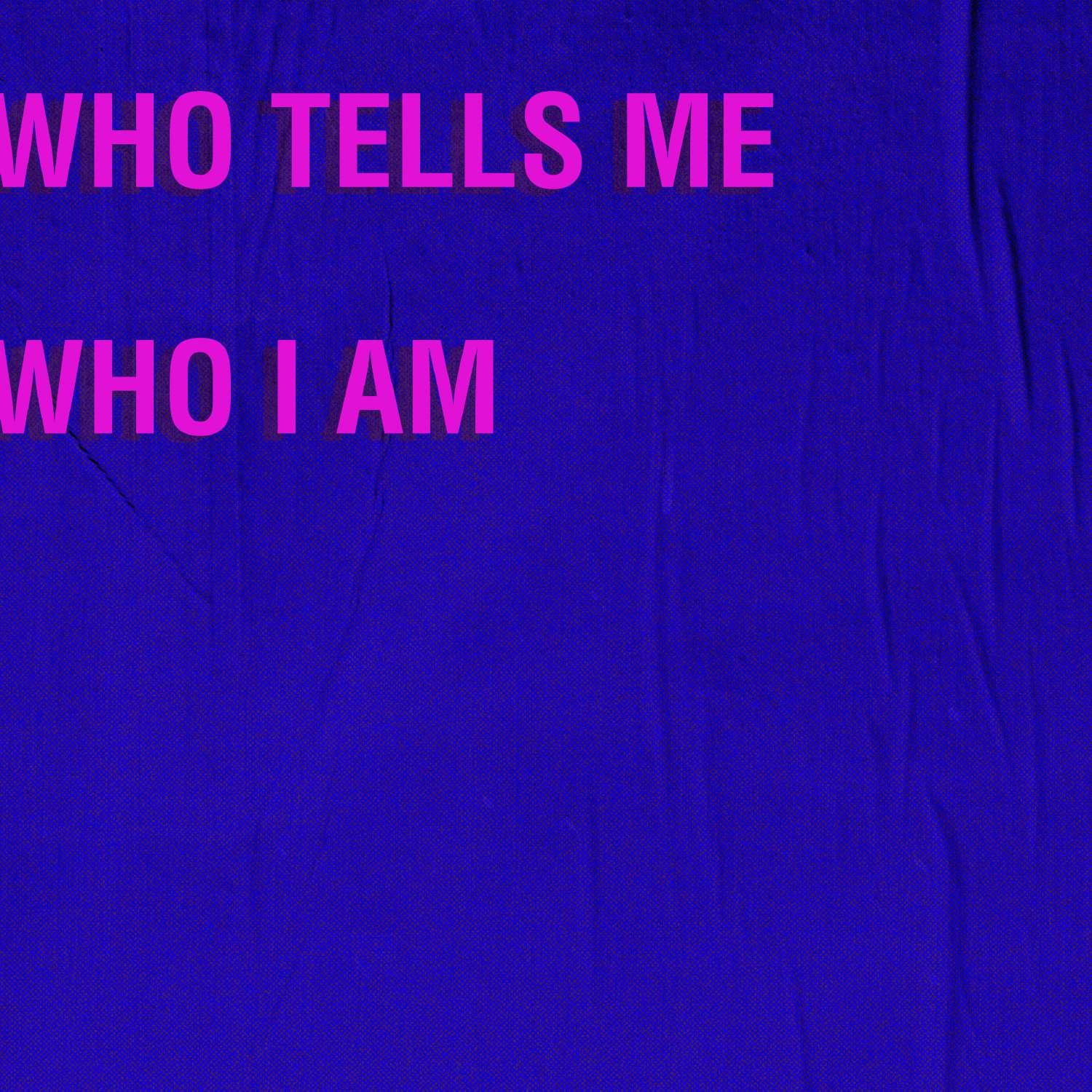
Lean into my disenchantment with and Deconstruction of Christian conventions and hierarchies
Demolish misgendered theology
Obliterate obsolete praxis
And embrace the divine God voice that is speaking in me.
10 POETRY
Our worth and belonging are not negotiated with other people. We carry those things in our hearts. I’m not going to negotiate who I am with you, because then I may “fit in” for you, but I no longer belong to myself. I’m not going to betray myself any longer in order to fit in with you.
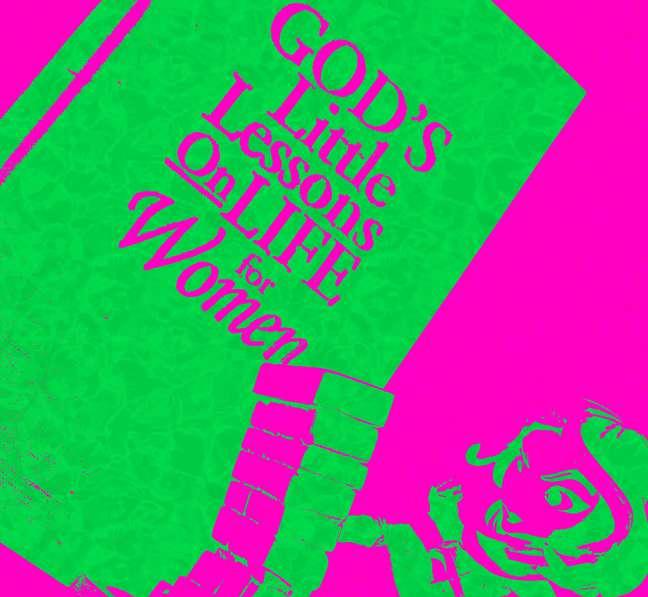

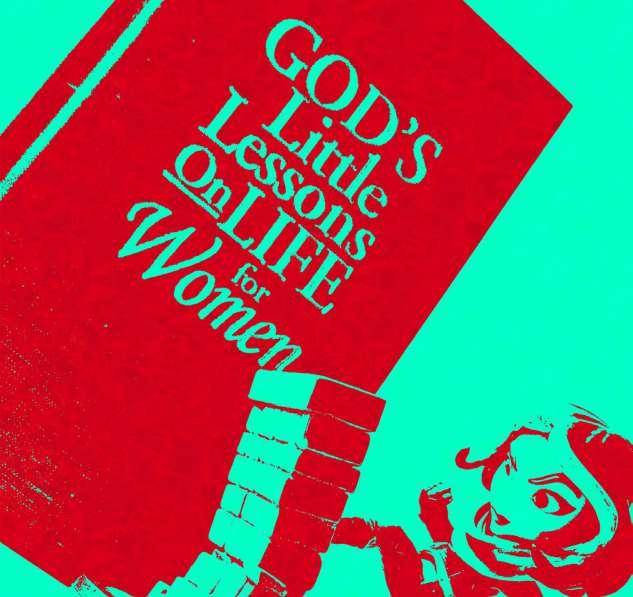

 Brene Brown
Brene Brown
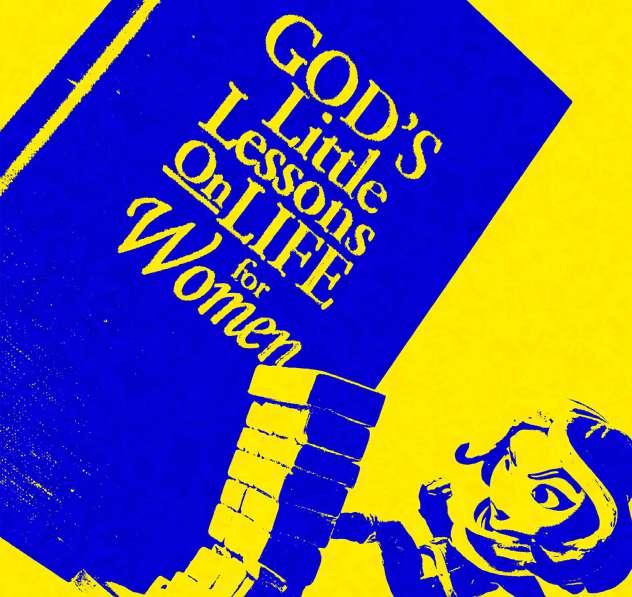
11 POETRY
MAYBE I SHOULD JUST TELL YOU EXACTLY WHAT I THINK OF YOU
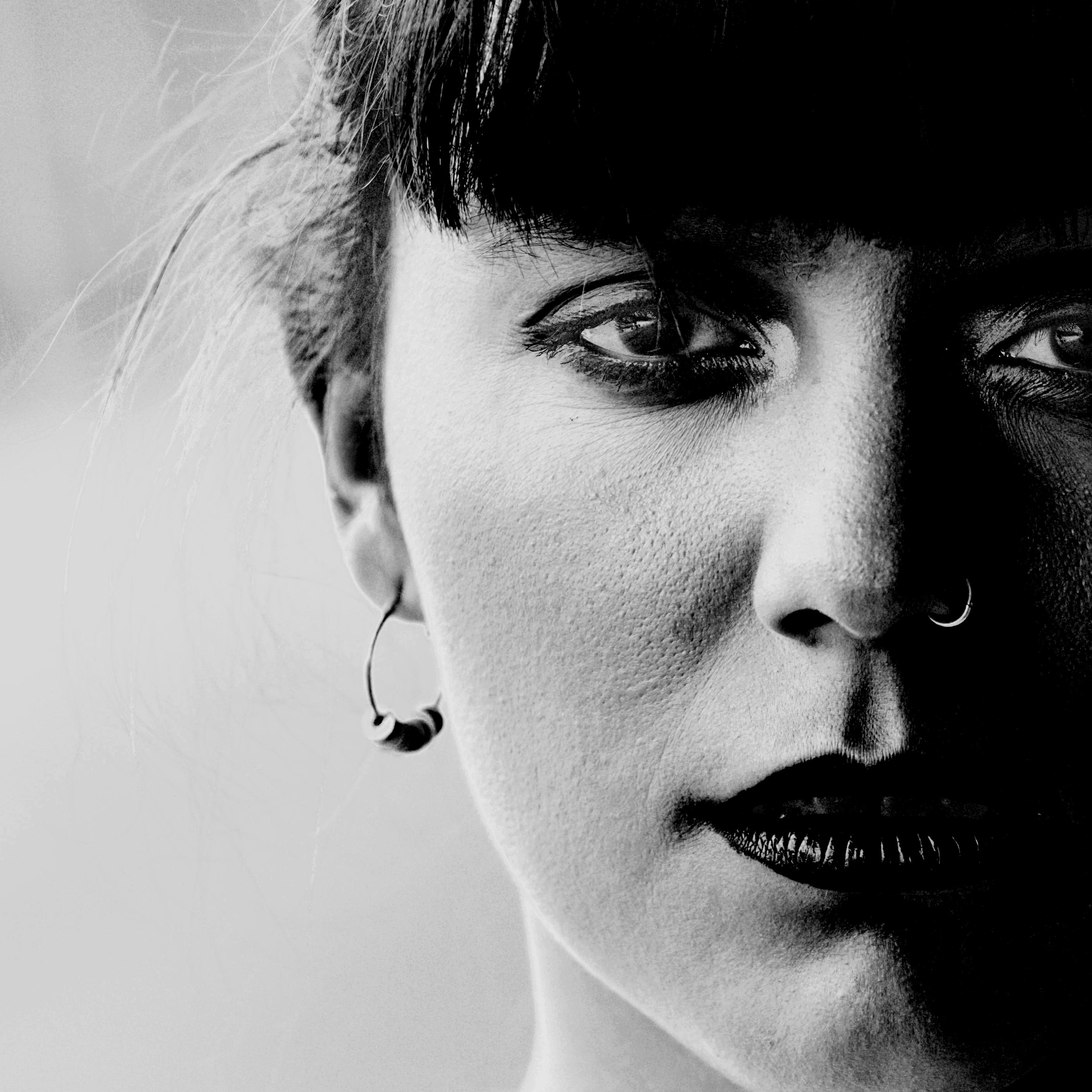 By Jon Moy
By Jon Moy
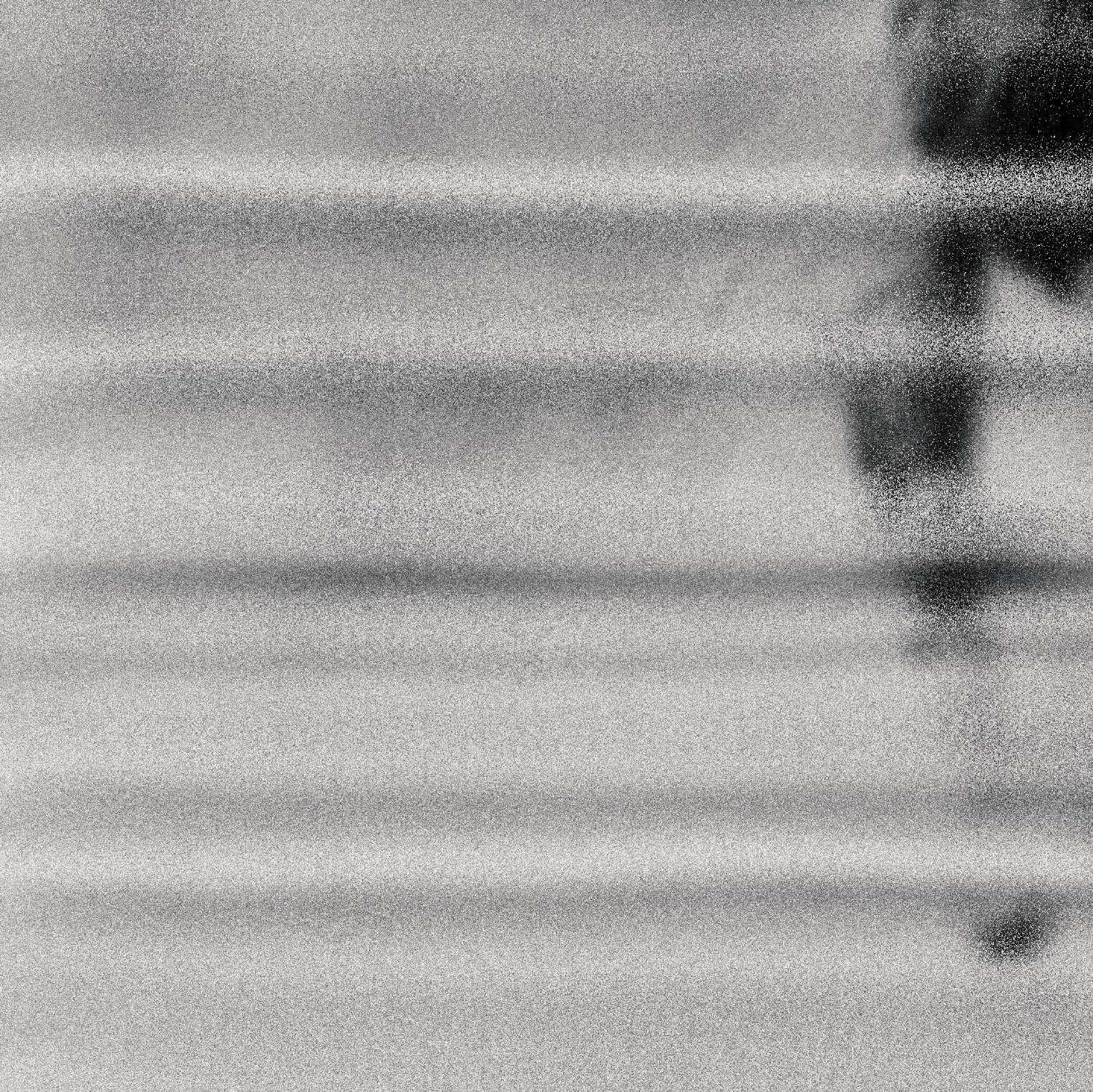
12 POETRY
Instead of waiting respectfully for Someone
Who can’t be bothered to answer
Maybe some yelling
Might make the distance feel less hollow
Or at least less degrading less Pretense more Offense less Deference More Defiance
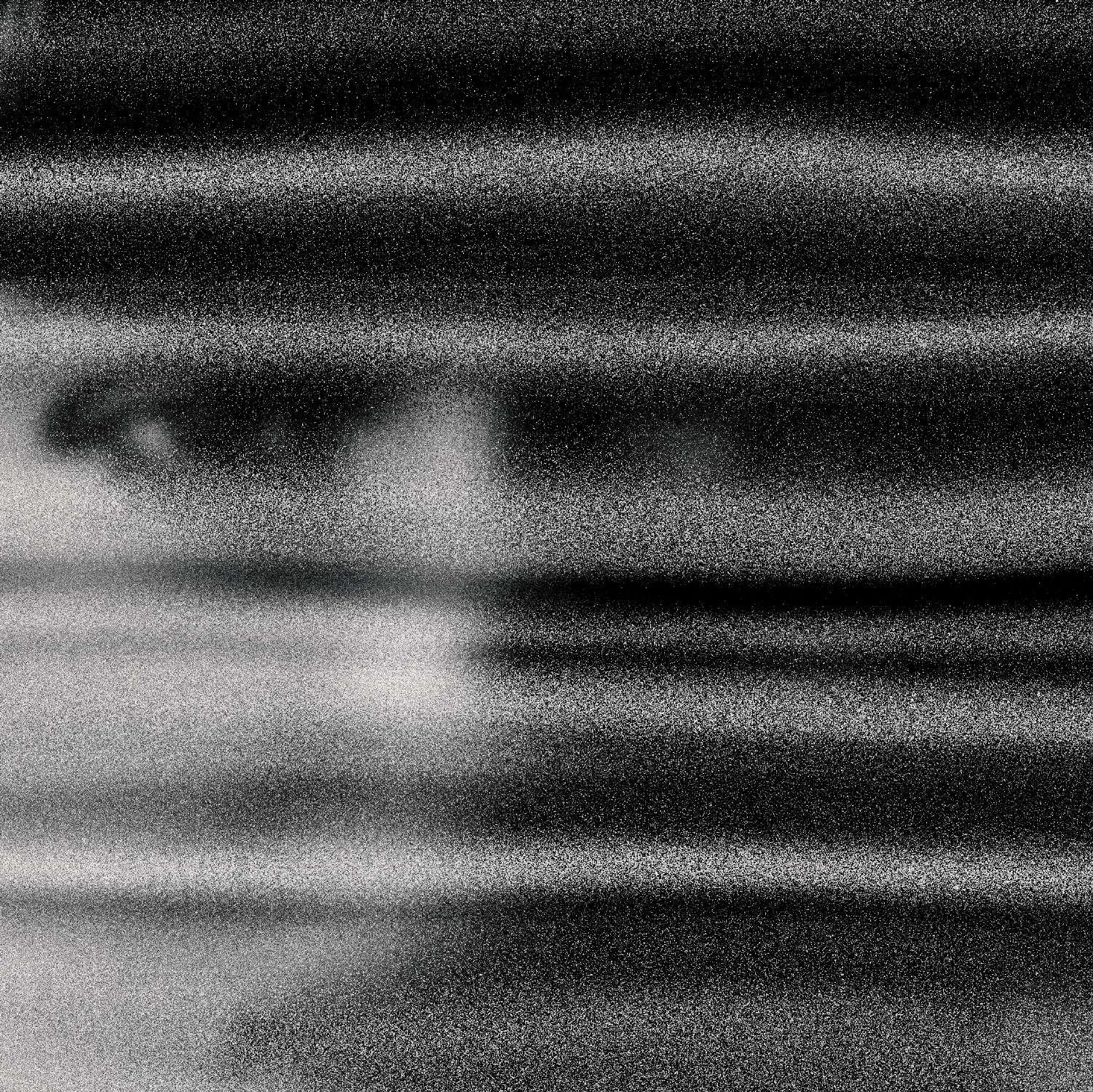
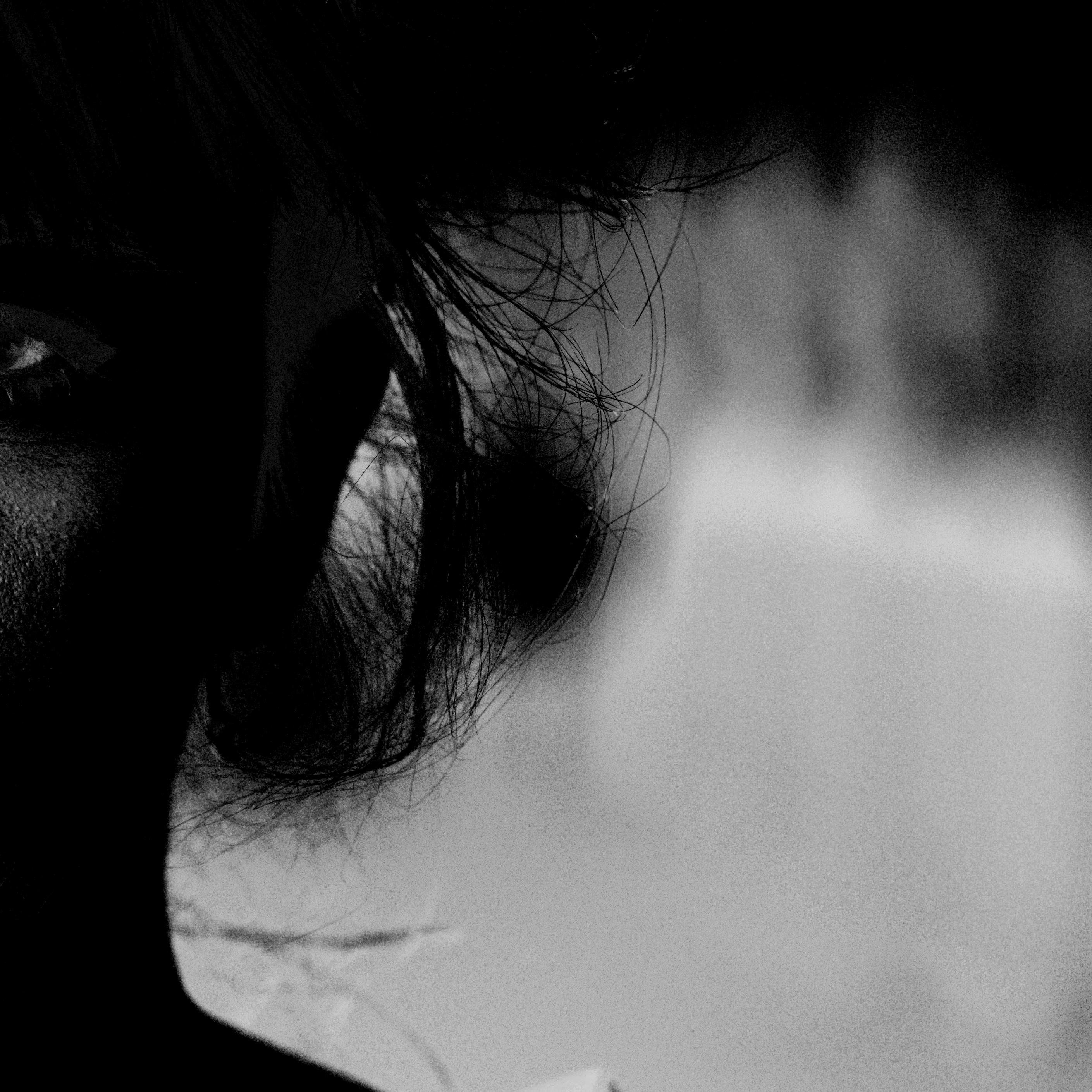
Maybe a little letting go would do us both some good Stop this dance
Atop these eggshells and Go out with a little dignity Asking what have You been doing This whole time
A little more callout
A little more calloused And maybe then
I’ll be gone For real this time
Maybe I should Just tell You
Exactly what I think of You
And maybe
All that silence Is just
listening 13 POETRY
You
reflections

Mirror
Mirror
By Maida Chan Artwork by Gavin Otteson

Growing up, people seemed to be fascinated by me and my sister. I can’t count the number of times that people have asked us, “What’s it like being a twin?” For my part, I never quite knew how to answer that question. While we do have an older sister, she is about 7 years older than we are. When you’re a kid, 7 years is a lot.
I typically respond to that question with another question, “What is it like not being a twin?” Tis ultimately elicits more specifc questions that are really about the mythology of identical twins being the same person, psychically linked:
“If she falls down in the other room, can you spontaneously feel her pain and know something is wrong?”
“Do you know what each other is thinking without speaking?”
And the silliest of them all–
“When you see her, do you sometimes mistake her for being a mirror?”
I can safely say that I never mistook my sister for being my refection. We are mirror twins–I’m left- handed, she’s right- handed and, eerily enough, my vision in my left eye is the about the same as her right eye and vice versa–but never have my sister nor I stared at each other across the room at the same exact time and thought we were looking at a mirror. Nor have we felt each other’s pain and known each other’s thoughts psychically. Because we were around each other 24/7, we most likely knew each other’s pain and thoughts empathetically, sort of the same way couples and best friends do. One time, when I was 3 or 4, my parents had separated us into two diferent rooms since they suspected my sister was running a temperature. My dad was with my sister, while my mom was with me. I could hear him struggling to get her to take the thermometer and could feel their frustration and anxiety permeate through the walls. I started crying which caused my mom some concern and confusion. It wasn’t that I was sick; I merely felt bad for my sister. In other instances, whenever one of us was upset and crying, our parents would rely on us to be the translator for the other. It wasn’t that we could magically read each other’s thoughts. We simply understood what the other was saying through the garbled heaves and tears from spending so much time together.
Another assumption people make about twins is that we are each other’s best friends. If we are the “same” person, have the same interests, and are “psychically” connected, we should be even more strongly bonded to each other, right?
15 REFLECTIONS

16 REFLECTIONS
In my case, that isn’t so.
We fought over things the way siblings do, like who gets to use the bathroom frst, and were quite competitive with each other when it came to anything related to academic performance. We had an intense sibling rivalry, which was only fueled even more by the Asian Tiger culture we grew up in. But another shift started to emerge in our teen years. She stopped talking to some of our shared childhood friends. I didn’t completely understand it at the time. To some extent, I knew my sister felt like we were competing for our friends’ attention, but always assumed that those feelings were momentary. We all grew up together in the same classes and extracurricular activities and would hang out with each other. I found out many years later that my sister didn’t like the fact that we shared friends. She wanted her own friend group, and had pretty much forced them to pick between being friends with either her or me.
I was dumbstruck by this revelation. For years, I had believed that our sibling rivalry was part of the reason we didn’t get along. It’s hard to be friends with someone who you see as your competition, but I fgured that as young adults we would grow out of it. I continually prayed for God to heal our relationship and would do my best to be a good, thoughtful sister. Another turning point came 10 years ago when my older sister invited us to spend the holidays with her and her husband when our parents went on a months-long cruise. I remember thinking how much fun it would be for us to go to Seattle together. It would be the frst time we, the twins, would travel together. We could spend time doing touristy things and hang out with my neph-dog.
My twin sister did not share the same enthusiasm. Whenever I would bring up planning the trip, she would change the subject or comment about how she wasn’t sure of her plans yet. Eventually, I confronted her on why she was avoiding fnalizing our fight and she fnally admitted her concerns–she was worried we would not get along and fght the entire time. Without our parents to referee, she felt that we would get stuck in our old behaviors dictated by our stubbornness and sibling rivalry. While I assured her that I didn’t want to fght her and wanted us to hang out and be friends, she held frm to her beliefs. I ended up fying to Seattle by myself while she stayed in LA with her friends.
Once there, I shared my confusion and disappointment with my older sister. I couldn’t understand why things between my twin and I were so complicated. Her assessment was that while I may have enjoyed being a twin, my sister hated being one and felt that it took away from her individuality. We went to twin therapy for a couple of years after this trip, but nothing seemed to be getting better. At one point, I heard her tell a colleague of hers that she didn’t like being my twin as I reminded her of all of her worst qualities.
Tings started to improve during lockdown though. Because we were in each other’s Covid bubble, we ended up hanging out more often and watched movies, shows, and got dinner together on Friday nights. When things started opening up again, we continued to make an efort to see each other.
For our birthday this year, I suggested we do a trip to Western Europe since none of us had ever been. While my twin thought it was too much work to plan such a big trip, I assured her that we had enough time to plan ahead. A few days later, I got a call from our mutual friend stating she felt it was best to call of the trip. My sister had called her earlier and told her she felt we, the twins, would most likely fght with each other on the trip and that our friend would be put in the middle and forced to pick who she would side with. Tis friend, who had made the efort to stay friends with both of us even though my sister asked her to pick many years ago, was not about to pick.
I was livid. I thought we had fnally reached a place where we could openly talk through our issues and not involve other people. I apologized to our friend for the position she was in. She assured me that I was not the one with the issue, but I, nonetheless, felt hurt and disappointed. It saddened me to feel like we went back 10 years in time in spite of therapy and the growth that occurred during the past few years.
I’ve come to realize that the twinship and friendship I so long for may never happen. Try as hard as I can to be a good sister and work towards us having a better relationship, my sister just isn’t in the same place as I am and may never be. I truly believe that God desires for us to be friends and not just relatives, for his is a heart of reconciliation, but it will be through the work he does in both of us. I’ve been held captive for too long in trying to be the fxer and must release it to him for my mental health and well-being.
Releasing this hasn’t been easy. Being an identical twin is woven so deeply into my identity and it’s been one of the things that makes me feel unique. However, I believe releasing this part of my identity to God doesn’t simply mean letting it go. I believe that God wants to add more to my identity and show me other ways that I’ve been fearfully and wonderfully made. I will always be a twin, but I am more than just my relationship with my sister. Releasing my ideal of a twinship can only allow space for other relationships and friendships to take space and grow. And that grants me an acceptance and peace I’ve never had before.
18 REFLECTIONS
Te scroll of Isaiah the prophet was handed to him. He unrolled the scroll and found the place where this was written:
“Te Spirit of the Lord is upon me, for he has anointed me to bring Good News to the poor. He has sent me to proclaim that captives will be released, that the blind will see, that the oppressed will be set free, and that the time of the Lord’s favor has come.”

He rolled up the scroll, handed it back to the attendant, and sat down. All eyes in the synagogue looked at him intently. Ten he began to speak to them. “Te Scripture you’ve just heard has been fulflled this very day!”

It doesn’t take long to see the imbalance of the natural world in our southern California home. Te landscape is marked with asphalt roads lined with non-native trees, and turf-grass lawns trying to look like the European manor houses of old, and our water sources sprawl through multiple states. Te metropolis of Los Angeles was built on the exploitation of the richness of the land, frst with the beef production of the Spanish and Mexican Ranchos, the oil boom and orange groves of Anglo-American settlers, and now with the Real Estate boom of the past half-century, we’ve divided up and paved most of the Los Angeles Basin. Tis has come at the cost of so much of the natural beauty that drew so many settlers here and has left countless captives in the name of endless growth. What does the Christian response to this state of afairs look like? If Jesus came to set the captives

REFLECTIONS


20

21 REFLECTIONS
Te Los Angeles Basin has long been dotted by rivers that have nourished the landscape since Time Immemorial. Te Los Angeles River, the Santa Ana River, and–the closest to our region as Evergreeners–the San Gabriel River, all had thriving Tongva villages, ancient oak groves, and nourishment to countless species of animals and plants. From its source in the mountains to its end in what is now Long Beach, the river ebbed and fowed for millennia, and would have been dotted with trout, grizzlies, and the bustle of Tongva villages like Sevaanga (near San Gabriel), Asuuskshanga (where the name Azusa derives from), and down to the sacred site of Povuu’nga (on CSULB campus). However, after fooding in the early 1900s (exacerbated by gold and gravel mining which left the river more shallow), much of Southern California was underwater. Instead of restoring natural food prevention (wetlands and green belts), the settler leadership of the region decided to channelize and take the river captive. She still brings water to the region, but no trout swim in her waters, no Mountain Lions drink at her shore, and she gets scofed at by residents and visitors. Villages still operate near the rivers, but now they are populated by our region’s unhoused residents, who have been forgotten in the race for growth and proft.

In Lodi, the town in the central valley where I grew up, the Mokelumne River fowed through the northern part of town. While similar issues with the river exist, like dams that block fsh migration and pollution along the shore, the river still fows naturally. So many of my childhood memories were made while kayaking, fshing, and walking by the river. The oak and cottonwood trees gave shade, and blackberry bushes were a fun snack, especially when they weren’t ripe and were so very sour. Te river wasn’t and isn’t in a fully pristine state surely, but it was living and gave so much to us: joy, wonder, and life.
Jesus calls us to action and to follow him, and often that takes a radical imagination to dream of a more just, beautiful and balanced world. What if we see the nature of the Los Angeles basin as our neighbor to be loved and respected as such? Rivers will always be adapted for human use, but we can have food prevention without making our rivers lifeless. Meaningful change can look as simple as planting sage instead of turf grass or taking the train instead of driving, or it can be as spectacularly complex as building a wildlife crossing overpass (like the one opening soon in Grifth Park) or releasing our once proud rivers.
REFLECTIONS 22
1 John 1:9
By Bruce Chow
I’ve outgrown the prayer guides from a time when my faith knew no better tutors whose niceties could no longer handle my baggage.
I cannot forgive. Trying only leads to fashbacks. My errant ways, my wayward thoughts are uncontrollable-Unresolved hurts, perceived injustices, unrealized hopes, and a beef with God. My tutors have now failed me, and God is distant and stern.
But the Bible speaks through history and eyewitnesses. Te word lives and shakes my soul and opens my eyes.
How does Jacob dare to wrestle with God for a blessing?

How do Job and Jonah openly question God’s justice and live? How does Habakkuk dare to question God’s judgment without himself being judged?
Is blasphemy the way to get God’s attention?
Yet, contempt is blasphemy, and there is no contempt in their desperation. Ten, desperation is a form of seeking, not blasphemy.
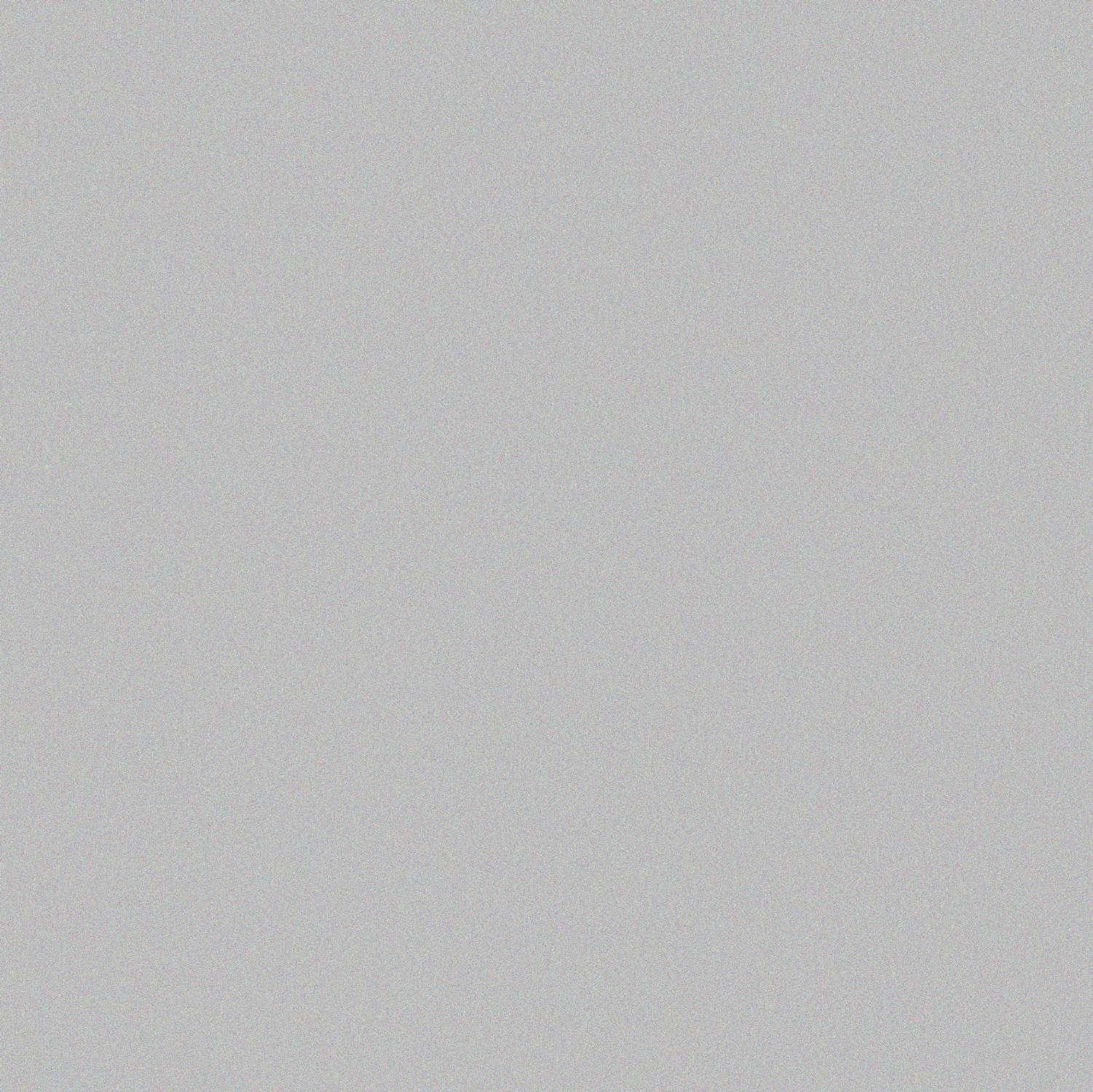
23 REFLECTIONS
So, I lay out all out. Horrible things, anger fnally let loose in His very presence, repeatedly, for the heavens seem like brass. But isn’t confession ejecting the horrible things buried deep in my soul? And so, I release to the one who hears and sufers with me. Confession is trusting the one who already knows. In time my beef with God dissolves, not because I won, but because He held me until I could be still and know that He is God.
Yet, there remained the fashbacks, not of my sins but of those sins done to me, unresolved.
If forgiveness was just saying the words, then I would have been freed years ago.
I must face the pain inficted on me, acknowledging the callousness of what was done to me.
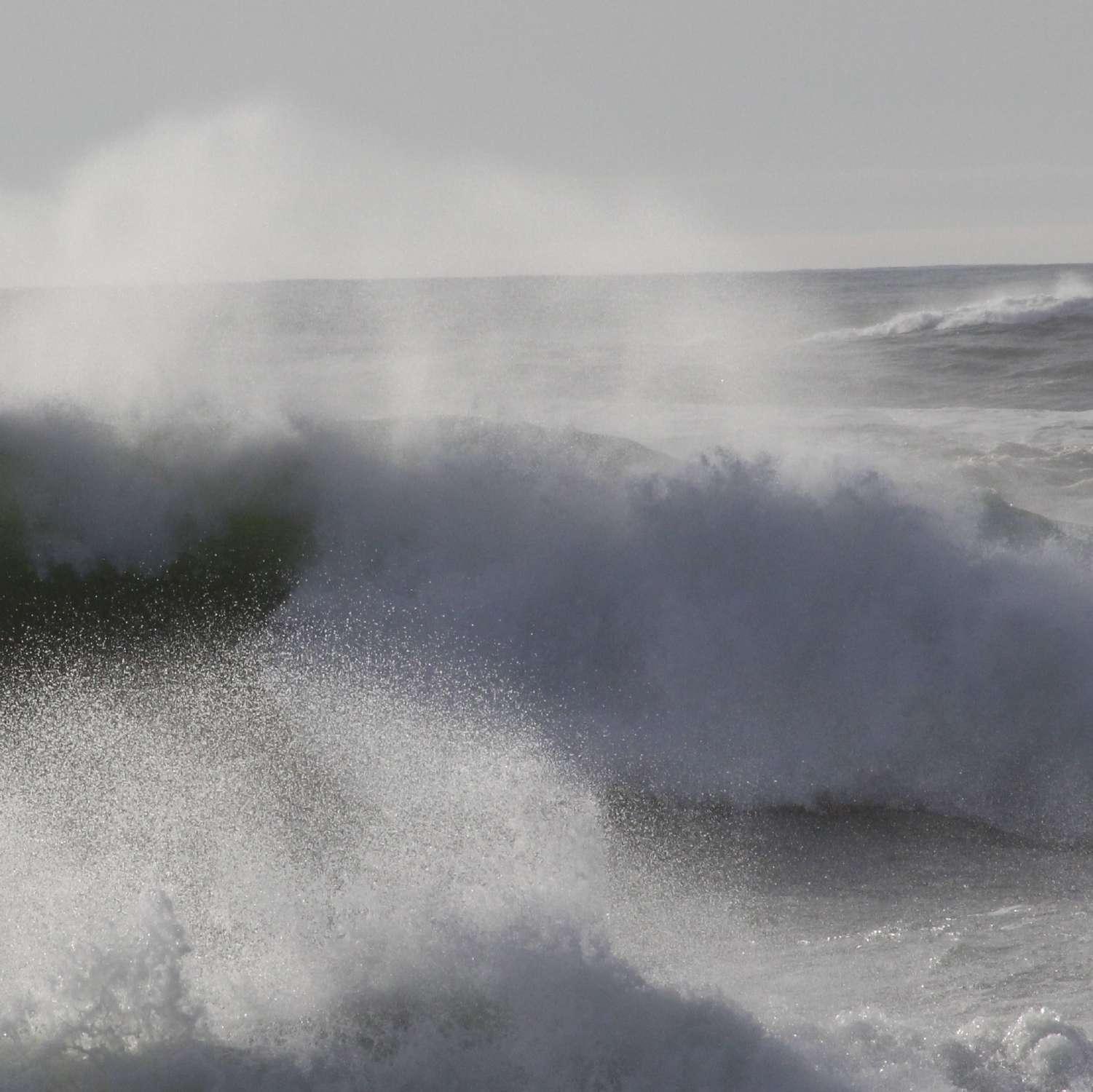
Tat is confession of another type.

I can only give to Him what I lay bare in His presence with his arms wrapped around me.
Only then can I confess my desire to get even, and He gives me the power to release it.
Tat is forgiveness. Not by my might or my power, but by His spirit. Te fashbacks begin to fade.
I fnd He is no longer the stern God from my former days. He is a father in whose lap I readily climb to tell of the things that foul my soul.
Fullness of joy is in His presence. Te Gospel really is good news.
REFLECTIONS 24

REFLECTIONS 25
letting go
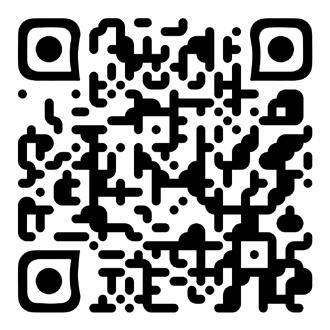 By Jang Lee 11x14 oil paint
By Jang Lee 11x14 oil paint
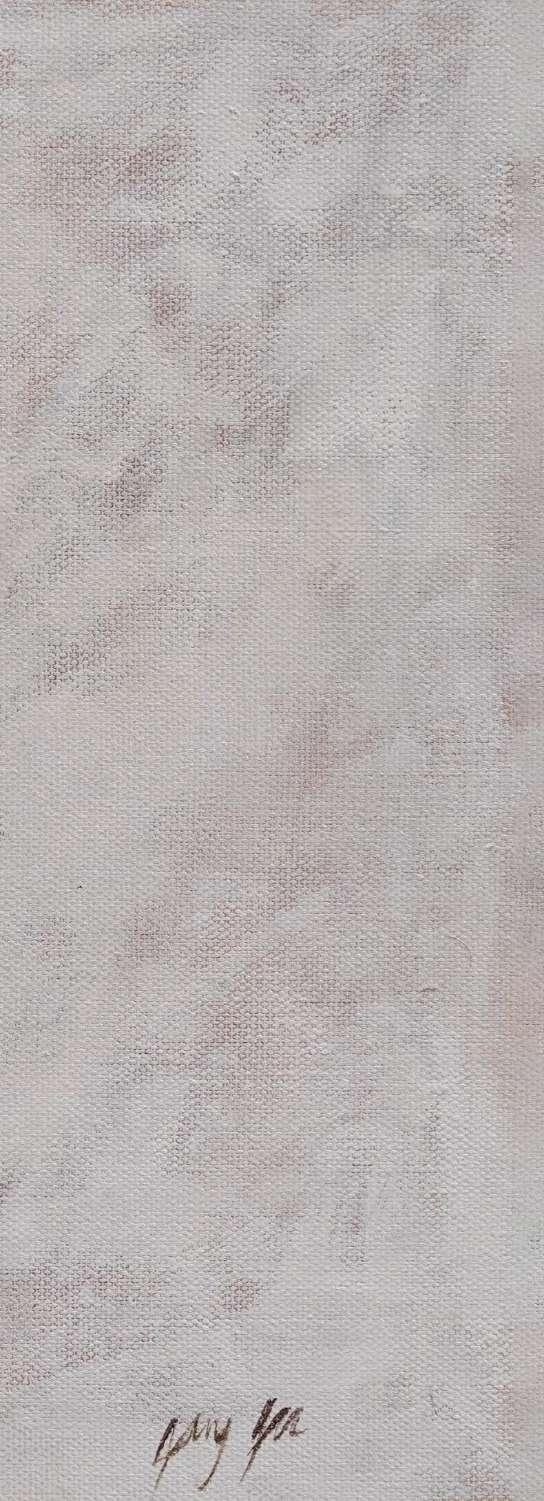
Nocturne in D fat major, op. 27 No. 2 | Frédéric Chopin
Accompaniment by Daniel Lee

REFLECTIONS 25
Ghosts Ghosts Ghosts
By Lovelyn Chang
Dear Reader, let me take you out of the logical and tangible world of the West into a diferent paradigm, one where folklore and metaphysical beings roam among the physical. In parts of Asia, the Americas and Africa, people believe they live and breathe amongst spirits, and these very spirits are part of the collective consciousness that manifest itself in their cultural practices and belief systems.
I grew up in the Philippines, a tiny archipelago in Southeast Asia, where stories of haunted houses and ghosts (aswang) are as commonplace as tropical fruit. As a child who frequently heard of these mythical creatures, I was terrifed. Having been brought up in the church, biblical notions of demons and spirits magnifed my existing fear tenfold. I remember one time during recess in my early elementary years, my friends and I walked towards the restroom, only to see hundreds of kids milling outside the girls’ bathroom. Apparently, someone saw a ghost and all these kids refused to enter the restroom. Te stories developed into diferent iterations―from a ghost to a bloody hand on the wall, to an octopus that swam in the swamp. Speculations continued for a long time, and for many months, I had to walk to a farther restroom not on my foor.

For many years thereafter, I feared walking into a room by myself. I wish I could say that I let go of my childhood fears when I came to America, but truthfully, these fears followed me into early adulthood. Even walking to


a room by myself or crossing through a dark hallway gave me paralyzing fear. I did not tell anyone that I struggled so much because only children seemed to experience silly fears like these. One morning in my early twenties, I wanted to use the restroom as part of my everyday routine. Being a private person in a house of six, the bathroom was also a place where I sought a quiet place to pray. I liked to sit quietly on the foormat away from any prying eyes. However, my intense fear that day kept me from getting out of bed. For maybe up to thirty minutes, I felt unable to even rise and walk the four yards required. I must have prayed and sought help from God, because the next thing I knew, I heard or received this strong sense that God was calling me. Ten I ran to the bathroom. Relief fooded me. At that moment, I am not sure how it happened, but all the years of paralysis and fear just melted away.
I still believe in ghosts and have friends (even the logical engineer type) who have seen them with their own eyes. However, I no longer have the same type of trepidation as before. My understanding of ghosts has evolved also. Some say that the dead can visit us from the netherworld. Perhaps our subconscious longs for them, and we see them in our dreams. When my father passed away from cancer two decades ago, I received one such visitation during sleep. His face was bright and cheerful, and he told me, “I am healed.” Even though that was a happy dream, I woke up in tears. Te
27 REFLECTIONS
last earthly image I had of my father was his organs shutting down one by one, with his nails already turned blue and purple while his breaths slowly faded away. Seeing a vastly diferent image of him in my dream, it spoke to me about the healing not only of the body, but of the soul. In death, my father received a new mind. In the past, he unashamedly clung to patriarchal notions and said hurtful things to females in the family that ft his limited worldview. Moreover, the outspoken extrovert that he was often spouted sensational and gimmicky information he gullibly believed. Sometimes, I just want the earth to swallow me up after hearing him talk. Other times, I throw myself on the foor and laugh out of sheer incredulity.
When I refect on this dream, all the embarrassing viewpoints and false notions he had are now replaced by a new understanding. He is now a more perfect being. Tis “ghostly” dream is a far cry from my childhood fear; it ofered me hope that healing and reconciliation does not only happen here on earth but beyond.

28 28 REFLECTIONS
Breathe


Words never seemed to come easy to me when conveying thoughts. It wasn’t that I had none, it was just that it seemed there were too many ways to weave and piece them together. And somehow with these infnite possibilities, I was supposed to create the perfect sentence to communicate my feelings. I had built up so many unsaid thoughts that my outlet became reliant on a pencil, some brushes, and hours of solitude. I hoped to take a blank page and release what words could not express for me. While it is not a scholarly thesis or profound oxymoron, this is my perfect sentence.

29
REFLECTIONS
Quincy Sakai Watercolor 4.5”Lx6”W
FEARLESS
Because real joy is exuberantly fearless.
Perspectacles are mixed media sculptures the size and shape of eyeglasses that explore the ways we see (or don’t). “Fearless”, from the Perspectacles collection, was created in 2014.
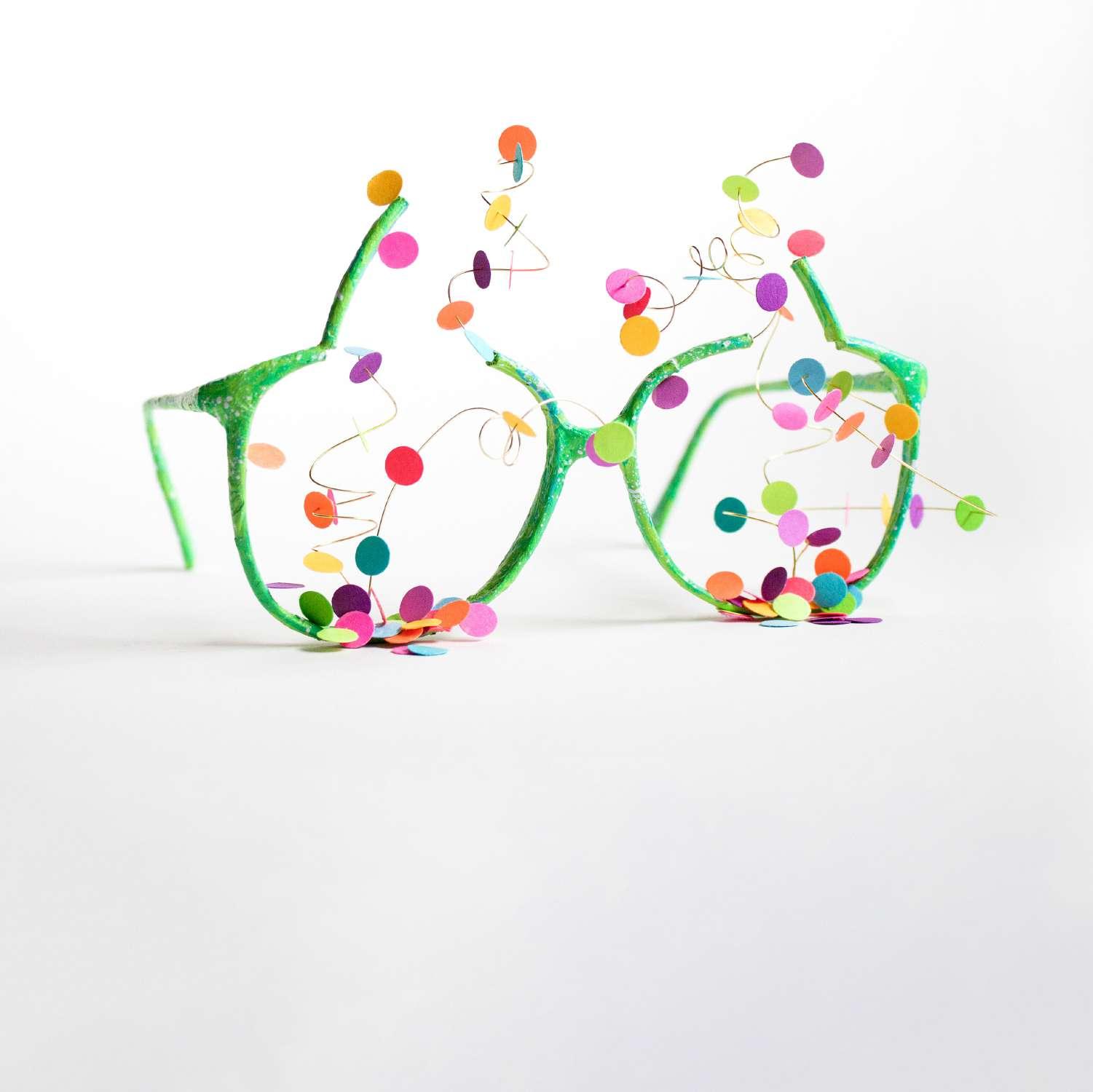
En avril, á Paris, arr. A. Weissenberg | Charles Trenet Accompaniment by Daniel Lee

REFLECTIONS 30
6”x6”x4”. Recycled eyeglass frames, acrylics, paper, wire.
A Memory
By Robert Jong
Description:
I took this photo on a fresh roll of flm while running errands with her one afternoon. When I took this photo, she was vivacious; so full of life and possibilities. Little did I know that she was already battling cancer. She would fnally rest after four years of fghting; Her life and all of its future potential surrendered to God that day. I find myself now navigating the loss of those possibilities. Releasing my mother, our family's foundation, the warmth of home. Releasing the chance for her to see me get married, the warmth of a grandchild in her arms, the healing of old familial wounds. Releasing her continued guidance in the kitchen, in creating spaces of inclusion, in being audacious enough to dream bigger. I desperately try to grasp at memories for a sense of grounding. Some are as brilliantly vivid as the day I lived them while others are fading into noisy shades of grey. In unexpected moments, images like this one will fash across my mind. Along with it a food of memories, hopes, and dreams only to be released back from where it came soon after. Life moves on.

31 REFLECTIONS
Camera: Nikon F3 + Voigtlander 28mm f2.8
Film: Tri-X 400 + 2
A black and white portrait of my late mother, Irene Jong.
Chi Pi
By Randi Brydon
I wish there was such a thing as a chill pill. I guess I’ll settle for vitamins…
Lately I’ve had such a short fuse when it comes to, well, almost everything that’s not exactly how I want it to be. It defnitely has been taking a toll on me and others I’m close to. It’s unfortunate, for obvious reasons, but especially because this year, my main goal has been to practice patience. For me, this looks like letting go of the things that happen outside of my control. Reducing the amount of time I spend dwelling on the past or hoping to change it. Allowing others to make decisions that afect me and choosing to be okay with them. Letting my dogs be crazy, because at the end of the day, they’re animals. Leaving the stress of work at work. I think a lot about the future when I may have kids, and how much patience I’ll have to exercise. Tat scares me. I’m not even doing a good job now. What’s going to happen then?
On rare occasions, I’ve experienced the freedom in letting go, in trusting the process and trusting God. I’ve gotten to witness everything turn out okay and be pleasantly surprised by it. I didn’t have to hold onto anger and regret. I was able to be present. Unfortunately, most of the time, I just feel irritated and unsatisfed. I sit in my anger, I blame others, and I let time waste away. I thought I was doing well with my goal, but I haven’t been practicing patience at all, actually. Tere has been no letting go, just more pushing down and moving forward.
My wife is a true blessing for creating a space where I can share honestly about my troubles and release some of the things that I’m feeling. I’m darn proud of myself for stepping into that space. It hasn’t been long since letting some of these things go, but I feel lighter. After moments of surrender, it’s like God whispers to me,
“See? I told you so.”
God’s right.
Letting go will be a never-ending, ever-evolving process for me. I’m going to keep practicing, but in the meantime, can I get a chill pill?

REFLECTIONS 32
Artwork by Alex Eng
IN THE HANDS OF GOD
By Alex Eng
This digital art piece is called, In the Hands of God. Sometimes, the only thing you can do is release your worries and problems to God. That’s what this piece of art represents. The little guy on the left is holding a giant trash bag and looking to Jesus for help. The bag represents worries and problems. Jesus is holding out an open hand, representing how we can always release our problems to God.

REFLECTIONS 33
nineteen ninety three REFLECTIONS 34
By Eric Lui Graphic Art by Maya Olson
I just want someone to say to me Oh, oh, oh, oh I’ll always be there when you wake, yeah, yeah You know I’d like to keep my cheeks dry today, hey So stay with me and I’ll have it made “No Rain,” Blind Melon, 1992
One of the best nights of my life happened when I was 15 years old. It was the night I frst felt like I had fallen in love. Her name was Sydney and she was a year younger than me. We had grown up in church together and I had a crush on her since I was in the 5th grade. Afer having moved to Southern California, I was able to go up north for my old church’s summer retreat and spend time with her and all of my old friends. We hadn’t seen each other for awhile so Sydney and I were able to reconnect and bond on a variety of things. We both liked Pez, had really bad sock tans, felt pressure to live up to our older siblings, and most of all we both loved alternative music. At the time I was a scrawny little awkward teenager so being able to talk and connect with a girl I liked was new and exciting for me.
The last night of the retreat, a bunch of us friends hung out in one of the girls’ rooms, just talking and messing around. We hung out until past midnight so it was time to go back to our rooms. All of my friends except for me were staying at the nice hotel-type rooms where we were hanging out. I was
staying at the cabins which were about a half mile down a pretty dark road. As I got ready to make the dark trek back, Sydney said, “Hey, my sister is staying at the same cabins as you. I need to grab something from her; I’ll walk with you.”
I was speechless at frst. She wanted to walk alone with me to my cabin? I muttered a quick “sure” and hoped my emotions weren’t showing on my face. As we started out, she asked, “Hey, wanna trade sweatshirts?” I was wearing a Stussy hoodie and she was wearing a Minnie Mouse sweatshirt with fowers on it. In any other circumstance, I would have never worn a Minnie Mouse sweatshirt. But at this moment, I would have worn anything she told me to. I took of my hoodie and put on her sweatshirt and she put on mine. When I look back on it, it seems like such a cheesy thing to do. But at the time, it was the most romantic thing I had ever done in my life.
We made the long dark walk together. It was probably about 15 minutes but it felt like both a and the longest walk I had ever taken. It was probably a mixture of nervousness, joy, and...love? Either way, I remember we talked about what we were going to do the rest of the summer, how high school was, and which activities we wanted to do in high school. It was just a typical conversation, nothing too deep or life changing. What mattered wasn’t really what we talked about, but it was just being there with her alone on this walk and knowing she wanted to be along with me as well. She mentioned she was in the city play of Pinocchio and that she wanted to try out for the volleyball team in high school. I told her about how diferent Los Angeles was than the Bay Area and how I kinda wanted to move back. If I had more guts, I would have reached out and held her hand–we were walking close enough that our hands were
practically touching–I couldn’t ask for anything else. When we got to my cabin, we returned each other’s sweatshirts and said goodnight. No hug, just a casual wave goodbye. But as I got into my room, I couldn’t stop smiling. I felt so in love...a feeling I hadn’t ever felt before. Just like in all the movies and in all the clichés, I was walking in the clouds, my heart was beating fast, and I couldn’t think about anything else but her.
That night as I laid in my sleeping bag, I remember putting on my Discman headphones in the dark and listening to Blind Melon’s “No Rain.” It was a nice sweet song – perfect for the moment. The feelings I had were so hopeful and optimistic, which were not typical of me. For the frst time, I really believed in myself, even if for a second. I felt like a girl could like me and I could like them back. I imagined myself moving back, dating Sydney, getting cofee together, attending dances and going to concerts. For the frst time since I moved to LA, I felt really hopeful that good things were going to happen.
Afer the retreat was over, I had to leave and go back to Southern California. This was before email, cell phones and social media. Sydney and I kept in touch through letters but nothing romantic came out of it. I wish the circumstances were diferent but sometimes that’s what life gives you.
Is it weird that I still look back at a moment from almost 30 years ago and still feel like it’s signifcant? It was such a small moment, but for a short, awkward 15-year-old, it was everything. My whole world had expanded and it would never be the same ever again. I would spend the next 30 years trying to recreate this feeling.
Now as a single, older person, I look back at this memory and I realize this is where my pursuit of a partner may have started. As a teenager, I constantly thought about wanting to get married. Maybe I was looking at my divorced parents and desiring a family that wasn’t separated. Maybe it was my need for stability in my life. Or maybe it was my fear of being alone. As the years have gone by, through my twenties and thirties, and now, as I am in my forties, I still haven’t achieved my goal yet. As every year passes, I have to realize this may never happen for me, that I may have to slowly release this dream of mine.
What does release mean? Does it mean to give up? Does it mean to not care anymore about fnding a partner? For me, releasing means letting go of what I thought my life was going to be, being open to anything that comes my way. It means trying new things and taking risks, sometimes letting life take me to places that I never thought I would go to, even if these places bring disappointment. It can be scary but also exciting at the same time.
The big picture hasn’t panned out the way I wanted it to… but maybe, releasing this dream of having a partner, just maybe…will change everything.

REFLECTIONS 35
music
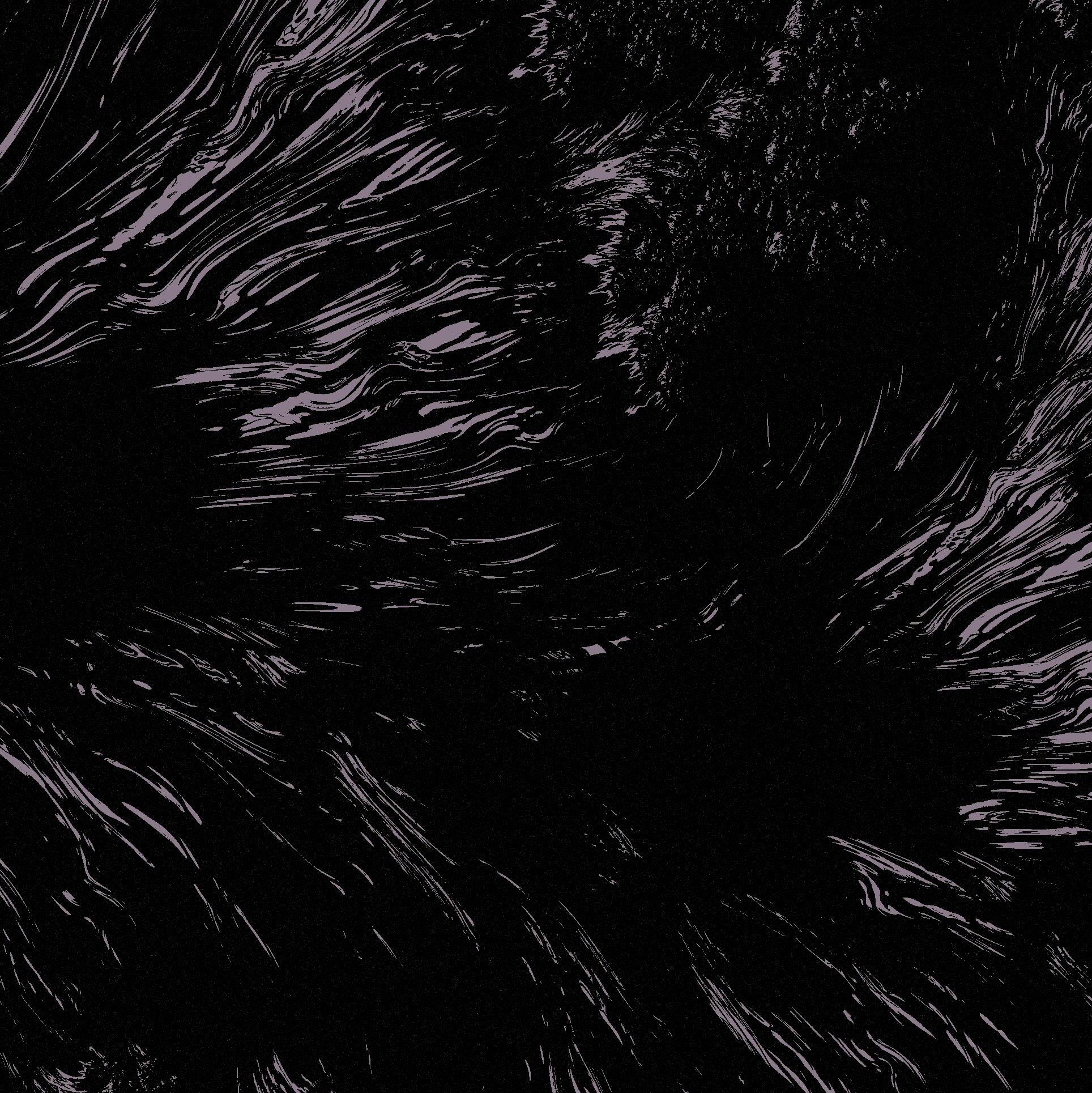
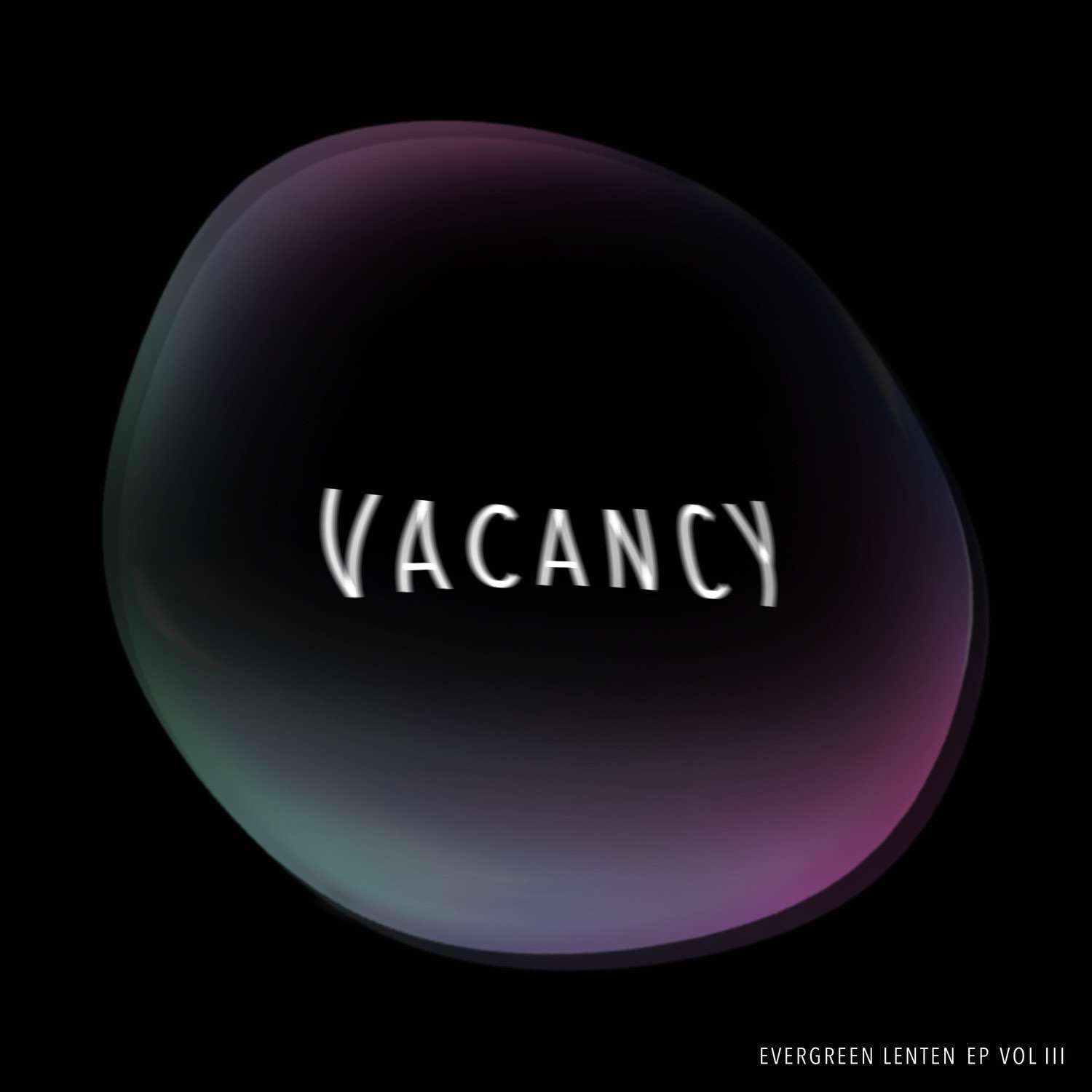
37 MUSIC
Tuning In (Be Still)
Arranged & Performed by January Lim
Copyright 2023
Spells
Music | Joel Yoshonis
Lyrics | Joel Yoshonis & January Lim
Arranged & Performed by Joel Yoshonis
Copyright 2023
All of the times we had
Now what was left is dead
I’ve fallen under spells
I’ve fallen under spells
Ashes and dust return
From what was fire and earth
I’m running parallel
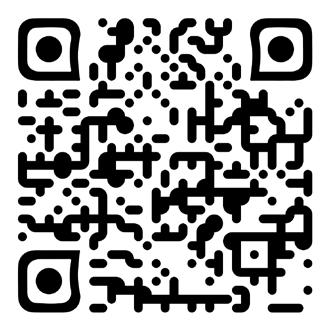

On roads going straight through hell
Why won’t you say
Which is the way
Where is the path to take
Every day I am Waiting for you
All of the times we had
Now what was left is dead
Who put me under spells
No one will ever tell
MUSIC 38 SPOTIFY LINK
Mender Of Broken Walls, Restorer Of Livable Streets
Music & Lyrics | Mide Kolawole
Arranged & Performed by Mide Kolawole and January Lim
Copyright 2023
“The fast I seek...”, what are those words supposed to mean?
I’ve bent my head down like a reed, oh God, see me
The life I seek: to love and be loved generously
To never need to hide from my own family
The world, the world, the world, is not how it’s supposed to be Can I get back, get back, get back to the last time you felt real to me
And I believed
God will rescue, darkness becomes noon Springs never run dry
The ruins of my life are restored in your time And down the roads you’ve paved with the ashes of sadness I’ll run
I’ll run

The only hope I have, I know I’ve waited oh so long
To feel just like a child again: the days where life felt like a song… …and I knew the words
The world, the world, the world, is not how it’s supposed to be Can I get back, get back, get back to the last time you felt real to me And I believed
God will make new and God will call you
To a world where grief is gone
You will be led by your own righteousness. To the day when the years of waiting for freedom Are done
Are done
God I want to run...
39 MUSIC
Breathing In, Breathing Out
Music & Lyrics | January Lim
Arranged & Performed by January Lim
Copyright 2023
Don’t know when Don’t know how
Somewhere I lost myself
What do I do now?
I’m letting go
Of all I know Everything I believed I’m no longer sure
Lord do you see me?
My hidden mourning
Lord I am yearning for Deep wells of peace
I’m breathing in I’m breathing out I can’t move, can’t make a sound
Just breathing in
Just breathing out
I am desperate
To be found
Here I am, Lord
Hold me now
Keeping still Lord, I’m pressing down
All of my questions
My worries and all my doubts
Lord do you hear me?
My silent grieving
The current of tears
The torrent of fears
In need of release
I’m breathing in I’m breathing out
I can’t move, can’t make a sound

Just breathing in
Breathing out
I am desperate
To be found!
Draw me in Draw me close Lord, don’t Ever let me go
Tuning Out
Produced by January Lim & Joel Yoshonis
Copyright 2023

40 MUSIC
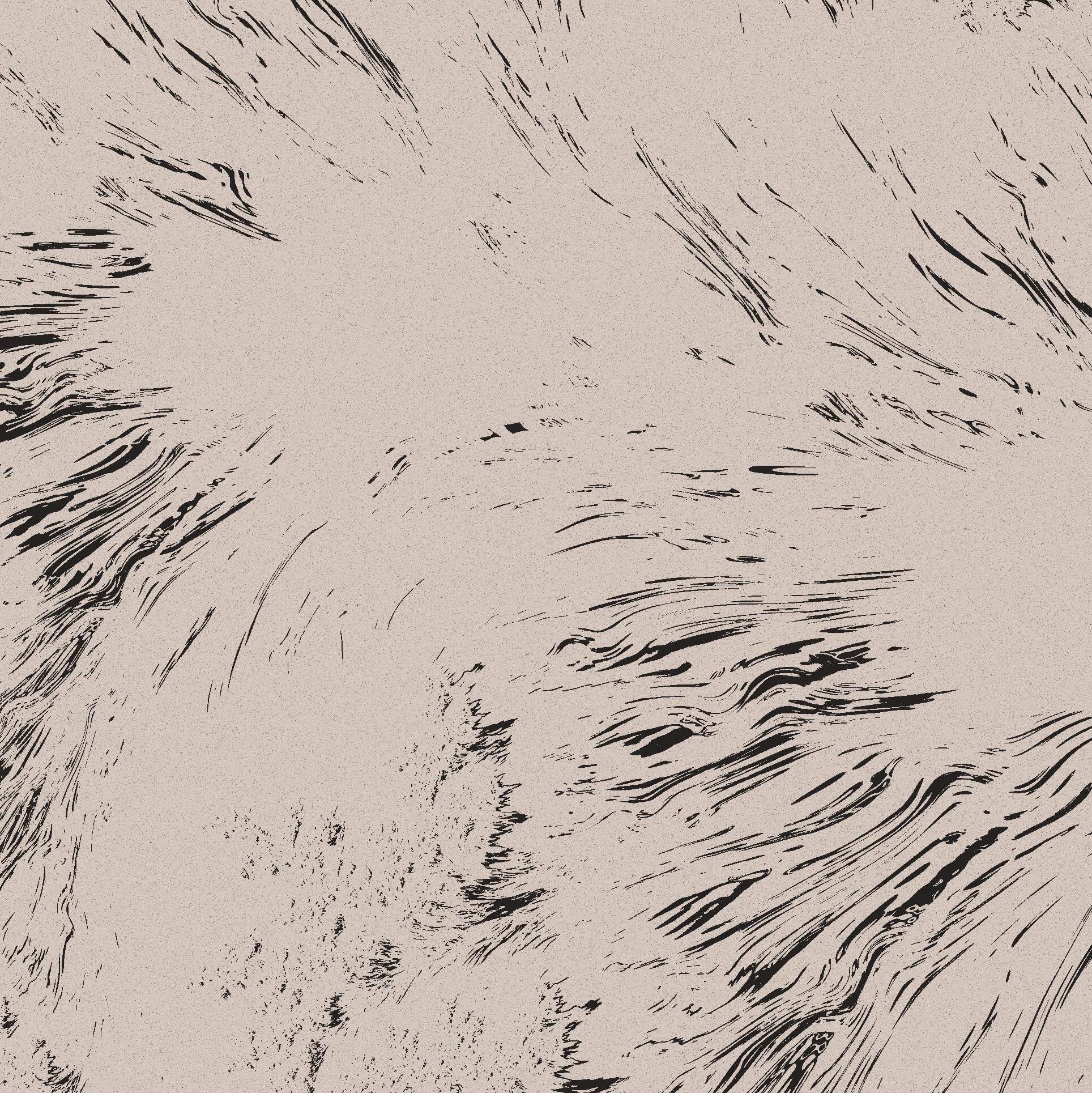
characters
Kennah & Randi Brydon
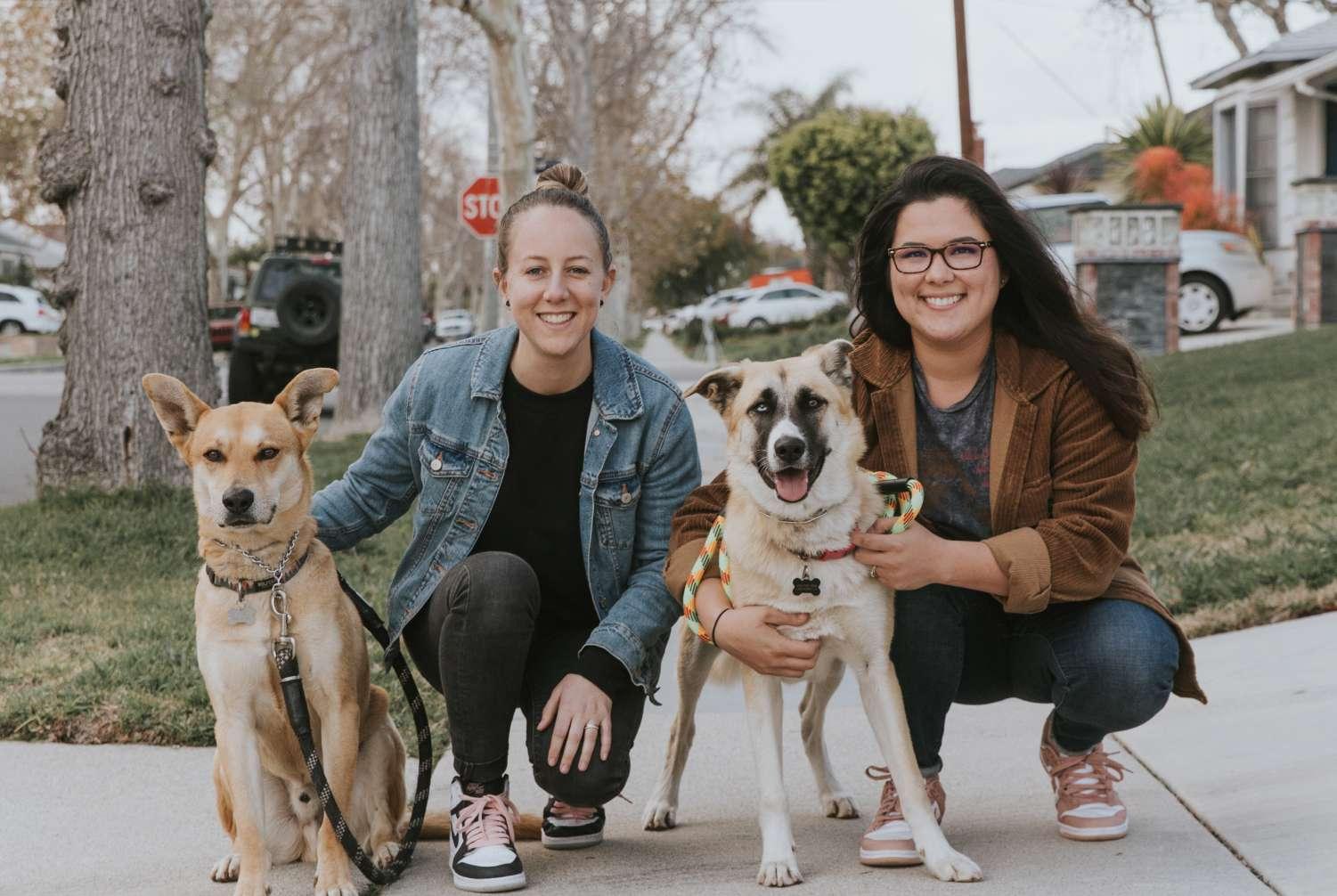 By Mide Kolawole
By Mide Kolawole
42 CHARACTERS
Photography by Bruce Chow
Kennah
It was something at frst sight when Randi and Kennah Brydon locked eyes on one another. Te two met at their old church where Kennah was leading worship for multiple ministries and Randi was known for attending with and being mistaken for her best friend, Alicia. Te frst thing Kennah noticed about Randi was her 5 foot 1.75-inch stature. She was eventually drawn to her humor, authenticity, and winning personality. Randi found Kennah, with her sticker-clad guitar case and beautiful smile, “so cool.” Tey had their frst conversation one evening at a young adult group and bonded over stories of European travels, shared hobbies, and shared musical taste. Tey became the Brydons in September of 2021, but the journey to that point was incredibly difcult.
Kennah grew up in a home where there was clear disapproval of the LGBTQ+ community. Despite how incredibly close she was to her family, she believed that her queerness would lead to being disowned. To avoid potential heartbreak, she never opened herself up to the possibility of living out a fulflling life as a queer Christian woman; but when she met Randi, Kennah found someone that made that elusive future a bit more desirable. “In order to have a future with Randi, I had to let go of my desire to have my family in my life. Tat is when I became strong enough to come out as my authentic self to my family. I didn’t know what was going to happen, but I had the courage to live with the unknown”
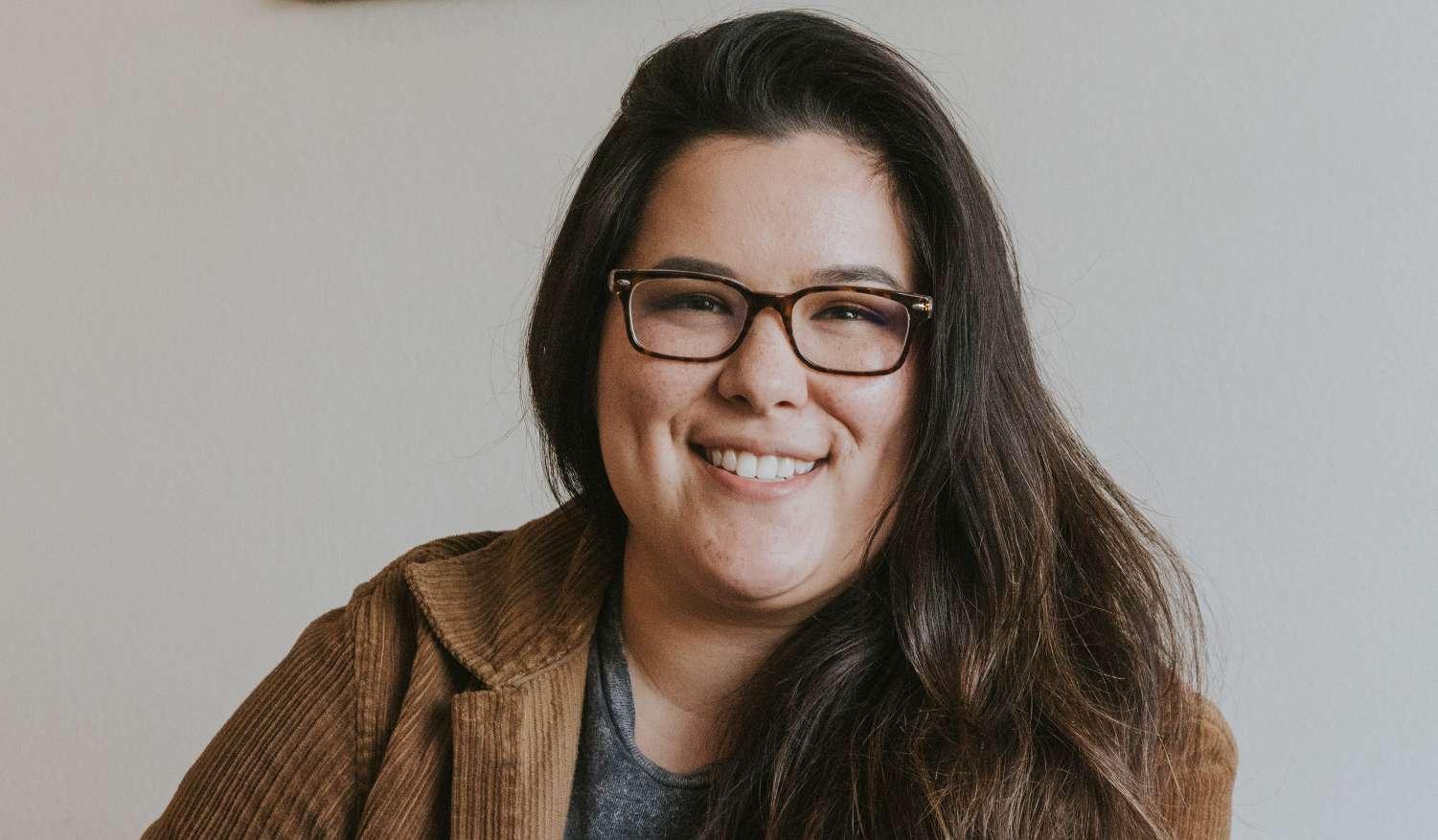
When describing herself, Randi says, “I’m the type of person that does whatever they want and I expect everyone else to fall in step with me.” Tose who know and love Randi are familiar with her confdence, decisiveness, and sarcasm. “If you don’t catch up quickly to my humor, you’re going to miss out,” she says. Although she didn’t initially expect to do so, as Kennah loosened the grip she had on her most important relationships, Randi eventually realized that she had to do the same. When describing the process, she says, “I had to let go of the box I had kept God in my whole life. I had to allow friendships to morph and fumble and trust that they would still come back whole. I had to allow my family to love me practically without being afrming theologically. I had to leave my old church and all of the relationships I had built.”
By embracing their grief and disappointment with incredible patience, Randi and Kennah have managed to build a remarkable life together. Although their family and friends are still in an ongoing process of accepting their relationship, Randi and Kennah are both grateful for the genuine love that exists between their families and the ways that everyone has committed to “embracing the messy middle ground regarding faith, sexuality, and family.” When Randi and Kennah got married, their parents and much of their extended family was present and involved in the celebration.
CHARACTERS 43
Randi

Kennah’s old fear that she would ultimately have to choose to live without her family or Randi has not been her reality. “While they may not approve of our marriage,” she says, “they love me as they always have, and they love and have welcomed Randi into our family.” Randi shares that the way their families put aside their theological diferences to attend the wedding—and the various ways they continue to support and accept them—has made her feel truly loved.
As complexity and nuance seem to hold their grip on certain relationships in their lives, other spheres of community continue to expand and surprise Randi and Kennah. While not entirely free of complication, the church has become one of the most important avenues of connection for the Brydons. For years, both have been faithful volunteers on the Worship and Tech Team as well as integral members of Te Open Door community. Throughout Evergreen’s inclusion journey, the Brydons have been patient and generous to those who are still in the process of fguring things out–vulnerably sharing about their relationship and acknowledging their own marriage as a marked shift in the church’s stance on queer inclusion. Troughout the past year, their involvement has continued to deepen. Randi notes, “Evergreen has exceeded my expectations mostly by their unwillingness to [become] complacent–—in the topics we tackle, the way we worship, the people we celebrate, our view of God and the Church…it’s rooted in truth but isn’t confned by tradition or expectation.”
“Are we willing to accept those that we don’t agree with?
So much so, that we say ‘I’m going to celebrate you in public and claim you as my own family?’ Tat’s a real act of love in my opinion.”
44 CHARACTERS
Te Kennah and Randi from six and a half years ago would surely be amazed at the transformation that the couple has gone through, together and as individuals. Kennah, once afraid to live truthfully at the risk of inconveniencing those close to her, now considers herself courageous and attributes the shift to “fully knowing that I am loved by God and being unapologetically loved by Randi.” Recently, Kennah has even found herself dreaming about starting a family. (Currently, their family includes two adorable dog children, Archie and Olive.)
Te Brydons have become incredible students of change and are hopefully on their way to becoming masters of release. When asked about how they might encourage their younger selves or those who may be navigating similar life journeys, Randi says to “always be open and honest with your partner and yourself. Be gracious with your expectations of others and their journeys… and invest in a community that seeks to know you and care deeply for you.”
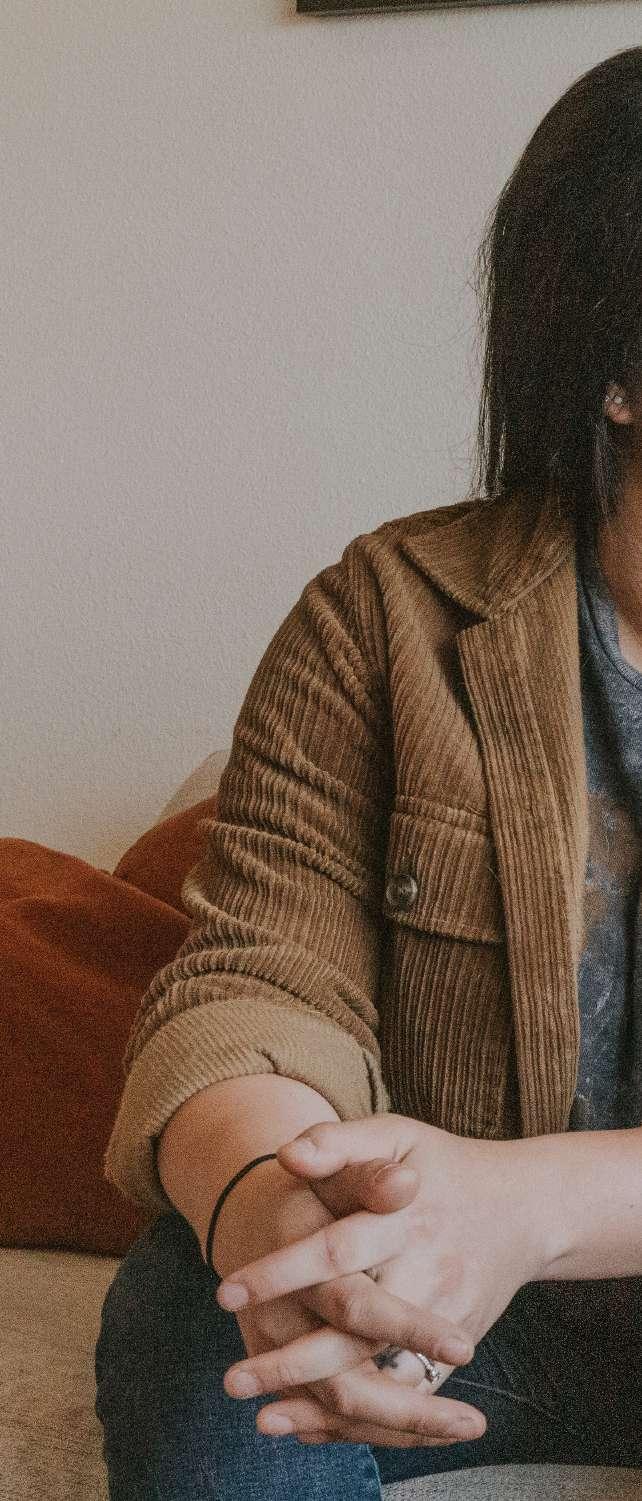
“I’m proud of the life that we’ve built together,” continues Kennah. “While it’s not perfect, it’s ours.”
45 CHARACTERS
“Evergreen has exceeded my expectations mostly by their unwillingness to [become] complacent–—in the topics we tackle, the way we worship, the people we celebrate, our view of God and the Church…it’s rooted in truth but isn’t confned by tradition or expectation.”

46 CHARACTERS
Mide Kolawole
 By Blake Thomsen
By Blake Thomsen
47
Photography by January Lim
CHARACTERS
Lights flashed and the music pumped out of the speakers as thousands of college students sang in unison with lifted hands. Grand Canyon University’s basketball arena had been transformed into a massive space of worship. Mide Kolawole and her twin sister Lade were part of the worship team leading the students in song. Tis was their destiny. Growing up, they had always been told they were called to lead worship, “to change the world for God” in the process, Mide says. The bigger the platform, the better.
Tere was only one problem: Mide felt like she had to hide key aspects of herself in order to ft the mold of an evangelical worship leader.
Growing up with a Black father and white mother, she had always wrestled with aspects of her identity. “Navigating my identity as a Black woman and someone who is biracial – and the way that intersects with my faith – is a journey I’ve been on since I was born,” Mide explains.
Mide primarily grew up around her mother’s side of the family. Although they did their best, there were still aspects of Mide’s experience that they couldn’t share. Mide explains:
Worse still, she felt like her Blackness was often downplayed and de-emphasized in church spaces, including her worship team in college. Auditioning for the team in the frst place felt like a leap of faith, given the paucity of Black students at the predominantly white school. “When my sister and I both made the team as instrumentalists, we couldn’t help but notice that no people of color were given roles as leaders,” Mide says.
Despite her obvious vocal talent, she was never given the opportunity to be the worship leader throughout her time at GCU. “I still feel that because I wasn’t white, wasn’t thin, didn’t play guitar well enough, or maybe didn’t exhort the students or congregation with a certain tone of voice, I was passed over for most of the leadership roles in worship that I was so desperate for during my time in college,” Mide says. “It felt like my image was important when someone wanted to diversify a stage – to be in a choir for MLK day, or a special dance number for a conference – but my actual voice was never heard. It wasn’t needed and wasn’t asked for.”
Mide’s identity as a queer person complicated things even further. She struggled to fit all of the pieces together. “I think there was a point in high school,” she recalls, “where I was like, ‘Tis Christianity thing doesn’t really work for someone like me, but I really like this Jesus guy.’”
It left her searching for a religious home. “I was thinking about converting to another religion, but I was so entrenched in an evangelical space that it was not something I could share with anyone,” Mide explains. “I was so terrifed.”
Mide ultimately decided to stick with Christianity, but her unease and isolation remained. “Te process I’ve been on with my identity has been very lonely at times and very difcult.” she says.
After graduating college, Mide moved to California to attend Fuller Teological Seminary, deter
“Te things I have to know about myself, the bars I have to set, the armor I have to walk with as a Black woman... I didn’t have anybody to teach me that really. As much as my mom empathized, it wasn’t something she could fully understand.”
48 CHARACTERS
mined to gain a better understanding of what her queerness meant for her faith. “I thought if I just study enough and get the tools where I can fgure this out for myself, then I can feel comfortable with the outcome,” she says. “Whatever way it falls, I just need to be able to live in my own knowledge and capability to determine how I feel about this and what I believe.”

At Fuller, Mide found professors and fellow students who exposed her to new ways of looking at the intersection of queerness and Christianity. “What they shared with me started to transform my spirit and how I felt about this issue,” she says. She soon felt comfortable coming out to those in her inner circle. “Tat winter was when I frst felt comfortable sharing with my sister and my closest friends that I was queer,” Mide recalls. “I think I needed to take a step out of the community I was in before to feel comfortable sharing that. Ten that started this whole process where the foodgates were open.”
January Lim, worship arts pastor at Evergreen and a Fuller classmate at the time,
was one of the frst people Mide came out to. A few weeks after Mide came out, January invited her to Evergreen. After spending her whole life in non-afrming church spaces, it was an eye-opening experience. “Evergreen was the frst time I was going to church with people who were openly queer and serving,” Mide says.
Soon Mide was joining January to help lead worship for Evergreen’s online services during the stay-at-home orders. As she became more immersed in the Evergreen community, she fnally escaped the isolation she had experienced while processing her identity throughout her teenage years and early twenties.
“Randi and Kennah Brydon were the frst queer couple I actually got to become friends with and share with,” Mide says.
Becoming more involved in the Evergreen community has been a genuinely transformative experience. “Te biggest thing is, fve years ago I would’ve never
49 CHARACTERS
imagined that I could be in a community like this and be open about who I am,” Mide says. “It was an impossibility. And now a lot of the time I take it for granted. Tere’s no way I could’ve gotten to this point in my life where I feel so integrated and so honest about myself without being a part of this community.”
Still, her coming out has not come without challenges. “I think the biggest hurdle for me in the coming out process was not really what God thought about me, it was the idea I was going to lose everything I had built up and worked for, the community I had in church and in my life up until that point,” Mide says. “Once they knew this about me, I worried I was going to be disqualifed or cast out.”
Coming out has indeed brought consequences for Mide. Tere are relationships still being rebuilt, and others that have fundamentally changed. Not all relational change has been bad, though. “Something that is so important to me is redefning my relationship and partnership with my sister outside of the more toxic spaces we were a part of growing up,” Mide says.

“My sister and I have both been on our own individual journeys with faith and identity since we parted for grad school,” Mide explains. Tis marked the frst time the sisters had ever spent any extended time apart. Te space between them, coupled with Mide’s coming out, allowed them to release the call of leading worship together with a massive platform in the evangelical world, an ambition that had shaped much of their early lives.
Te process has also given Mide’s relationship with worship a fresh start. Te release of the call to lead worship in an evangelical space with Lade – one Mide felt she could never fully embrace as her own – has brought something so much better. Now the worship arts coordinator at Evergreen, Mide has found a stage that is perfect for her, even if it looks vastly diferent from the ones where she previously sang.
“When you look at worship at Evergreen, the platform is a lot smaller, it’s not a GCU arena or a Hillsong church,” Mide says. “But I feel like the defnition of worship is so much more expansive. I get to go into this space with my church family every week, and I can dream up anything. And I can trust that people are gonna come on the journey and are gonna be willing, and it’s really exciting.”
Mide is a long way from the bright lights, big stages, and booming speakers of her evangelical worship past. But it seems this is where she was called all along, even if it required a long, challenging journey to fnd it. “When I think about my ‘call,’ I feel so much more comfortable and excited about inviting people into the worship space at Evergreen, whether they’re Christian or not, wherever they’re at. It’s something I want people to be a part of.”
“Although it’s been incredibly difcult for us in diferent ways, I love that we can now relate to each other as individuals with our own experiences while still sharing in the same joys and pains of navigating a life we continue to share so much of,” Mide says. “I’m excited to see how we might continue to grow and partner together in things besides music and ministry.”
50 CHARACTERS
“When I think about my ‘call,’ I feel so much more comfortable and excited about inviting people into the worship space at Evergreen whether they’re Christian or not, wherever they’re at. It’s something I want people to be a part of.”
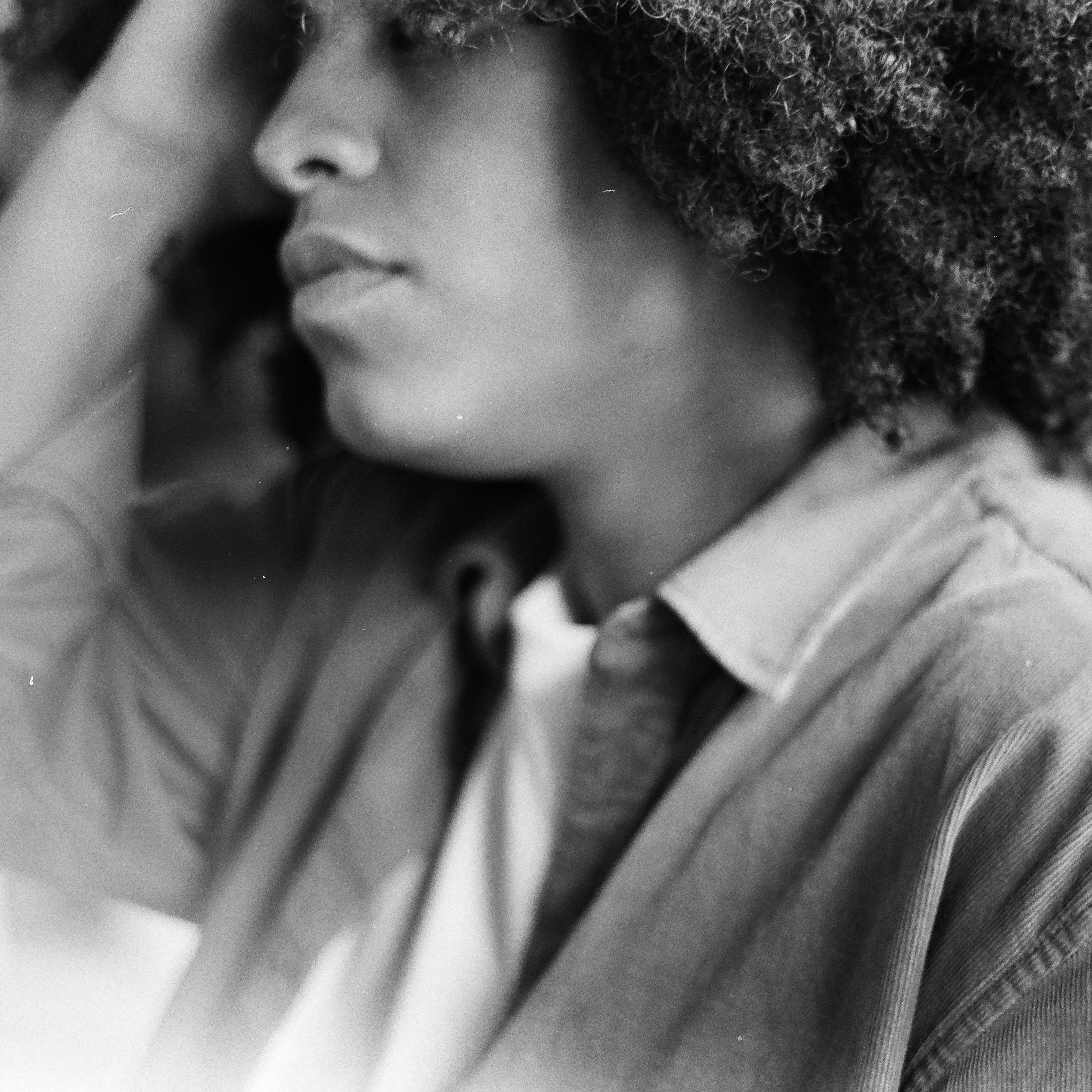
51 CHARACTERS
conversations
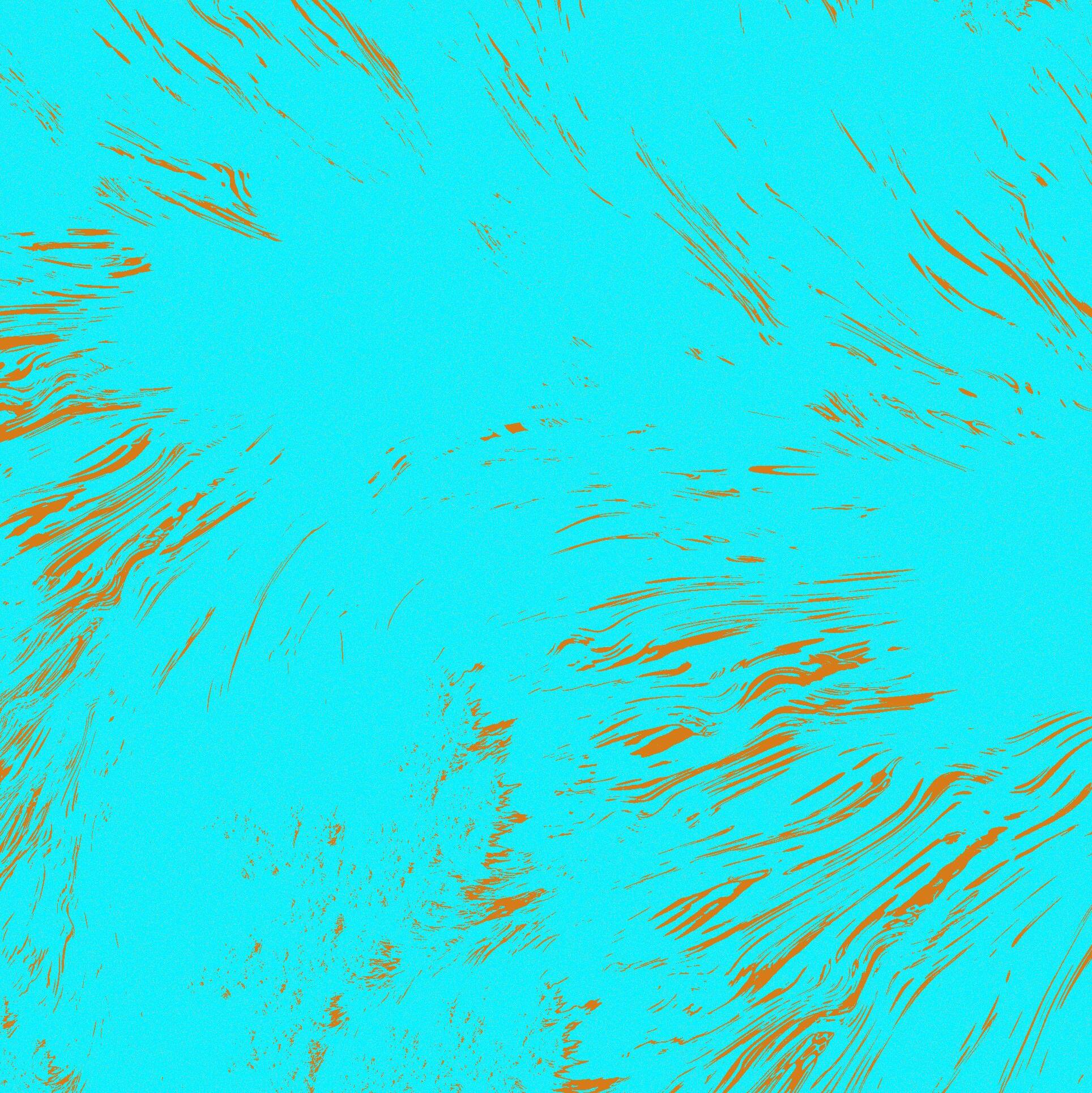
Ivey Ao
An Interview with January Lim

Hi! Can you introduce yourself to our Motif readers?
Hello, I’m Ivey. I’m 34 years old and currently residing in the Big Apple or New York City. I was a freelance animator and illustrator. Now I’m taking a break to work on indie game development.
When was the frst time you felt drawn to art?
Since I was a small kid, I liked drawing and writing stories. My grandparents often took me to the library to borrow books. I attended drawing classes at the age 8 and I liked it, but my parents took me out thinking it was a bad career choice (their concerns were not unfounded).
How did you cultivate your creativity and your artistry?
I came from a low income immigrant family and there was a lot of pressure to rise up the social ladder, so when I was a kid, my nose was buried in textbooks and studying constantly to get good grades. We also didn’t have much in terms of entertainment besides television and the library so I adored reading books, watching cartoons and later, playing video games. Drawing, reading and writing was my only escape from my mundane life of textbooks, essays and studying.
How would you describe yourself as an artist? (3 words? And then describe each?)
Kid at heart. Tat’s three words and that encapsulates everything. I think in order to be creative, you have to seek out the awe and wonder you had when you were a kid. Being an adult is hard, doing adult things like working a stressful job and paying bills is a pain. Looking at the world through the lens of an adult will reveal a terrifying, cruel and unpredictable world. But as a kid, you were less aware of this. Although you can never reverse time, I believe that if you seek the lens of a child, you’ll learn to have fun, appreciate beauty and discover new things. My best art came from creating what I would have wanted as a kid, and not what adult society wants to see.
Do you mind sharing a little bit about your journey with bi-polar depression?
I don’t mind. I’ve had it for so many years and I’ve learned many ways to cope. I was diagnosed at age 12. I have bipolar 2, which is characterized by mostly low moods and almost no highs. My family found it hard to accept and back then, depression was taboo to talk about because of the stigmatizations. Contrary to the public image of the “tortured artist,” when I’m depressed, I have no creative strength at all. Depression saps a person of any creativity. It’s only when we get out of our depression that we start becoming creative again. Vincent Van Gogh, who was also bipolar, created his best pieces during rehabilitation and healing, not when he was down in the dumps. Depression did afect my job hunting though, as I was in a competitive environment and I ended up freelancing instead of fnding full time work.
After years of arguing with family, falling out with some friends, suicidal idealizations, and being told that I was “not working hard enough,” or “letting life go to waste,” I’ve become much kinder to myself and to people to do struggle with depression. One way I would like to serve God is to provide a safe haven for artists to draw whatever they want and to heal without the world judging them. I also learned not to make any rational decisions while I’m in a depressed mood, as that is not a proper state of mind to make good decisions. Depression for me is like a series of clouds. Tey come and go constantly. I’ve learned to make my decisions when the clouds are gone. In a sense, even though this thorn is still at my side, God has “released” me from society’s condemnation of depression.
A Conversation with:
CONVERSATIONS 53 www.iveyao.com
How and what have you had to release to God and to your community throughout your life journey?
I had to release the desire for validation and to “look good” to others (having a stable job, being married, etc). It wasn’t easy. I was furious with God at one point for allowing so much failure in my life. I was ready to denounce him and end it all. At one point, I started attending a church small group where we spent a lot of time sharing testimonials. I found out there were a lot of people like me, men and women in there 30s and over, also struggling with depression, failure and suicide. I felt less alone, and It became a fuel for one of my ambitions; to bring kindness and empathy to those in their darkest hours. I think that by bringing these brothers and sisters in my life, God released me from the lie that I was alone.
In what ways have you been able to express your relationship with mental health in your art? In what ways has your creativity been able to release some of the tension you feel?
Just recently, I realized that I can be creative without publishing my works, that my art was for me to enjoy and not to please others. It was God who helped get me to this mindset. It felt like he was saying “just be and create.” Since then I’ve felt a huge yoke had been lifted of my shoulders. My mind was once a personal creative sanctuary and it became a prison when I tried to contort to other’s expectations. I think this was what God wanted me to realize. Art can heal in a multitude of ways, and this is but one of them. I want to encourage others to be creative just to be and not chase after validation or fame. God is very creative, he created the world.
I believe that “just be and create,” is still honoring the one who invented creativity.
How do you think God views you as an artist? as God’s child?
I think God views me as GOD’s artist: an artist who can stir a variety of emotions in the people around me. God is the creator of everything and is the most creative of all. As humans modeled after God’s own image, I think it pleases God when I create, whether it’s working on a huge art project, or simply just creating stories in my head. I also believe that God can use me and my creativity to engage with others, whether it’s working on projects with others or simply sharing with others. I may not even be aware that God is using me and there are times I feel insignifcant. Still, I think God does have a plan for me and plans to utilize me for God’s purposes.
Last but not least — what is your hope and dreams for your future?
I’ve always dreamed of making video games. Tey’re an excellent storytelling medium. Tey don’t have to be grand scale so long as they make the player feel something, or think about something. I also want to get into art and education. I want to teach youth to encourage them to use their creative talents as a form of therapy. Just as art and entertainment helped me cope with my mundane life, I would like to help others create worlds inside their heads that are fantastical. Our heads can feel like prisons, especially for those with depression, but I believe that our minds can also soar to other places where our bodies cannot.

54
CONVERSATIONS

55 CONVERSATIONS

stories







study

Missing My Flight for the First Time
By Dr. Jessica ChenFeng
Dr. Jessica ChenFeng is a second generation Taiwanese American mother, spouse, daughter, sister and friend who always longs for more time and energy to engage in a more analogue life: sewing, baking bread, gardening, and writing letters with pen and paper. She is blessed to be busy with work that she loves as an associate professor of marriage and family therapy and consultant on issues of equity and well-being.
 Artwork by Julia Hendrickson
Artwork by Julia Hendrickson
65 STUDY
I am sitting at the San Francisco airport settling my frazzled mind as I work through all the adrenaline that got me out of bed early this morning when I realize that I had woken up at the time at which I was supposed to have already arrived at Ontario airport. Te only thing I did was brush my teeth and request an Uber ride, which thankfully was only minutes away, to take me on the 13-minute drive to the airport. My three colleagues (who I was so excited about traveling with for the frst time for this work conference and presentation) were already at the airport, anticipating my arrival. As I checked the trafc, it looked like I was going to make the fight just in time, so I texted my colleagues to update them. Ten suddenly, half a mile from the exit, the freeway trafc came to a sudden stop and my sympathetic Uber driver and I saw the green Google maps line turn deep dark red. Several lanes were closed. I was so close but maybe I was not going to make it. Sigh.
A few minutes later, we were moving again and soon enough I was thanking my driver and rushing to drop of my luggage. I had done the virtual check-in the night before and paid for my one checked-in baggage so I was supposed to just drop it of and zip through the TSA pre-check line and get to the gate. But I then heard the booking attendant say, “I’m sorry, you missed the cut-of time for checking in baggage.” I was in disbelief. I felt like I had run a major roller coaster sprint already and I was expecting to be done. I noticed my panic rise again as I thought through all the possible options (including asking someone for a paper bag and transferring my necessities to the paper bag, asking my colleagues if I could somehow stuf my things across their bags, wondering if I could live in the same outft for three days and leave my luggage at the airport to pick up later). I had to quickly come to the realization that what I had been attempting to prevent–missing my fight–was now happening. As far as I could remember, this was the frst time in my life that I would have missed a fight.

66 STUDY
I am at the SF airport now for a layover because I was able to get another fight, thanks to the kind and helpful booking attendant who helped me fgure it out. Of course, all is well. In the grand scheme of things, today will be a memorable one and life will continue on. However, it is moments like today that reveal to us what goes on inside and outside of what neuroscientists and resilience experts refer to as our “window of tolerance.” Te window of tolerance is our brain’s optimal zone, when we have the capacity to tolerate life’s stressors with a sense of grounded-ness, openness, curiosity, and emotional regulation. Tere were moments when I was defnitely pushed out of my window of tolerance today into hyperarousal, a state of being overwhelmed, fooded with thoughts, feeling anxious, often together with physiological symptoms like increased heart rate and chest tightness. I felt all of this.
Tough I doubt any of us welcome stress, these experiences give us an opportunity to refect and examine ourselves. What I noticed about myself was 3 things: (1) that I was thinking and feeling regret about how I could have prevented the missed fight; (2) that I had moments of wondering what my colleagues would think of me, and (3) I felt frustration and the desire to blame the system or specifc people that “prevented” me from getting on the fight. All of this felt like a ball of tension in my body that kept rolling around and around, not going anywhere. As I recognized this, I gave myself permission to sit with the discomfort of it, be curious about what I was feeling, and lean into what it was telling me and what it was doing to my body.
I have worked through a lot of the perfectionism I used to have and in moments like this (which feel like a big personal failure), I notice myself getting momentarily stuck on the “what ifs.” What if I had set two alarms? What if I had packed, cleaned the kitchen and gone to bed earlier? I recognized that these were unfair expectations to have of myself and had to intentionally release myself from such thoughts and practice the self-compassionate self-talk I’ve tried to internalize over the years. For this season of my life, the most signifcant one is: “I am a full-time working academic mom and there is so much I’m juggling, including my own health and well-being. It’s okay to make mistakes. I tried my best and I’m okay.”
Te next piece, which was a bit harder to face, is realizing that my friends and colleagues experience me a certain way (responsible and prepared) and I briefy wondered if this would afect their perceptions of me. It was magnifed by the ways I have internalized a model minority expectation of myself. In times like these, we get to see how we come to depend on or fnd value in what people perceive of us. I needed to recognize my own egocentrism and release that
preoccupation and turn to what I know about my colleagues–that they are compassionate and gracious people.
Lastly, what I was surprised by was the frustration, judgment and annoyance I projected onto the system and onto the booking attendant. “What a terrible rule! Why can’t she be understanding of my circumstances? What a mean person! Why can’t she make an exception? My day is going to be so negatively afected!” Tese were interesting for me to see in the mirror. My sense of entitlement. Our nature is to be self-focused. I spend so much time every day thoughtfully planning my work and family schedule so that everything is just right. It is jarring to encounter such an unexpected deviance from my plan and it highlighted how self-focused I can be. It was indeed humbling and good to see. Another thing to acknowledge, accept and release. By the time I arrived at my destination, my body had released the ball of tension that had been rolling around. My kind colleagues and I got to connect over dinner and laugh about the day as I shared my refections with them. What a gift to have this kind of collegial support and understanding.
What I am struck by is that my recovery time, so to speak, is much faster now than it used to be. Te hard inner work of releasing–releasing our self-judgment, our fears, our critiques of others–is not something that happens only in acutely stressful situations. Tey are a daily practice. I am grateful not only for my clinical training, but also for the therapists who have walked with me; my spouse, family and friends who have given me lots of love and also worked hard through challenging seasons, and relational dynamics that allowed me to practice release and engage in self-compassion.
Te fnal thing I wanted to say is that this release, for me at least, is not simply going into thin air. I experience my release of self-judgment, fear, and critique as being released into the full embrace of Christ, the One that fully knows me and still loves and receives me. Te mix of our egocentrism, personalities, relationships that shaped us, and the larger social context contribute to the paths in our brain that give us cognitive distortions and negative self-talk. But it’s also the healing relationships in our lives, God-given grace and courage, and detangling from oppressive systems that move us toward the possibility of release and freedom.
67 STUDY
pastoral column

Ruac
By January Lim Worship Arts Pastor | EBCLA
In recent days, I’ve been able to recognize a soft, but unmistakable inner-vibrations of Anxiety in my life. She’s there the second I wake up, revealing herself in the instinct to grab my phone and check my inbox.



Anxiety hums in harmony to the revving of the cofee grinder, highlighting the long list of “To Do” tasks I’ve written down in my schedule book. She accompanies me to every social outing, gently but frmly building up my self-imposed standard of pastoral presence, “make sure none feels ofended and all feel invited!” As I go to bed, she whispers in my ear, all the things I have to take care of the next day, assuring me that she will be there to greet me in the morning. Sometimes, unable to wait that long, she shows up in my sleep, infating herself into characters or scenarios that I am afraid of encountering in reality. This is when I am the most vulnerable to this “faithful companion” — when I feel the most powerless. This is when I am the most afraid.
As someone who grew up classically trained on the violin, a Korean American only child who grew up in the academically competitive and afuent Silicon Valley, a pastor’s kid who was under constant scrutiny of a tight knit immigrant community—I am accustomed to performing under high pressure. I got reprimanded for the “satisfactory” marks I got on my elementary school report cards; only “outstanding” would do. From the age of 6, I was put into the circuit of monthly recitals and music competitions which pitted me amongst other brilliant young, future virtuoso violinists. At church, I was expected to be the model child and the scapegoat — recipient of both the praise and critique that the community was not shy about doling out. I will never forget the Saturday that I had 2 recitals back to back: one for the San Francisco Conservatory of Music (where I was a scholarship student), and one for a prestigious Bay Area Competition. I remember how my mind went completely blank upon the frst note that I played during that frst recital. Petrifed in fear, I remember the mortifed expression on my mother’s face and my violin teacher’s sympathetic voice foating across the room, “it’s okay January, let’s just take it from the top.” That moment stands in almost comical, stark contrast to what happened hours later when I received a standing ovation and a symphony of “bravos!” in response to one of the most inspired performances my 8-year-old self ever gave. Thirty (!) years later, as a Worship Arts Pastor, musician, producer, and a long-time struggling actor, I still exist somewhere in the continuum of the chagrin of my disappointed mother and the thunderous applause of an enthusiastic crowd.
69 PASTORAL COLUMN
The Corona Virus pandemic was certainly a time of extreme angst and confusion. I was coming out of an unhealthy long-term ministry rhythm I had with my previous church. I was grieving (and celebrating) the upcoming completion of my Masters degree at Fuller Seminary where I had become embedded into a beautiful diverse network of colleagues and friends. I was fnding language for the vastness of sexual identity and where in that expansive spectrum myself and others not-so-neatly ft in. I was confronting a God who seemed absent and silent in response to the cries over African American and Asian American bodies that seemed dispensable to the rest of society. The world—including the Church—seemed to be falling apart far too quickly for anyone to do anything about it. In hindsight, I was primed—caught in the crosshairs of so many confusing intersections of identity, theology, spirituality—to enter into a highly toxic, deeply committed relationship with Anxiety.
Anxiety; as much as I want to run away from her, I run towards her. As I rely on her, I am met by a familiar embrace of the adrenaline rush of pres-
sure and expectation. Anxiety holds me tightly. She reverts me back into the young girl sitting by herself in a practice room with her violin hours at a time; the lonely girl sitting alone in the car while her parents are wrapping up a meeting at church. Anxiety turns on the robot-like part in me that automatically performs for others with little regard for my own desires, my own needs and fears. Anxiety also causes me to repress my emotions and fnd solace in burying myself in more work. She helps me mask my inability to rest as “creative productivity” and “artistic fourishing.” And fourish, I honestly have. I’ve never been so bold to pursue so much ART. Songwriting, video editing, magazine editing, swimming in deep whirlpools of creativity — I am grateful and proud of all the things I’ve been able to produce. And yet, I recognize that my passion for creativity is partially sourced by my desperate need to harvest something other than the confusing, painful feelings toiling inside me. What do I need? Who will rescue me? What form of intervention will help me cut my ties with Anxiety?

70 PASTORAL COLUMN
Ruach
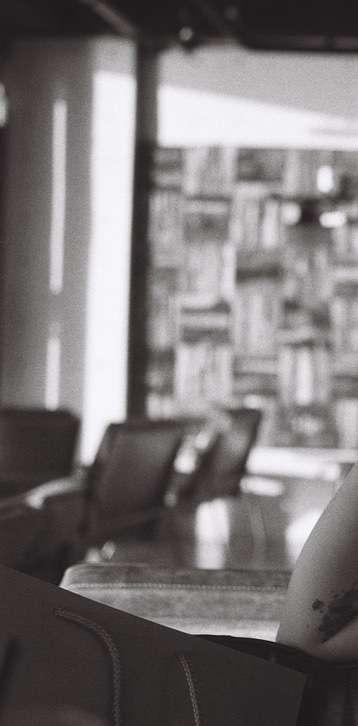
It is a Hebrew word that means breath, wind, an unseen force of life or spirit. In the bible, we see the Ruach of God hovering over the not yet formed world, and throughout the narrative of humanity, it is the Ruach of God that inspires and stirs people into action. And it is this divine Ruach—which created me, breathed life into my existence— it is this gentle breeze of God that undoes me, causing me to pause in all of my unhealthy tendencies. The Spirit of God calls me by name. She catches my attention. Even as Anxiety jealously tries to guard me from her, the Ruach of God approaches me directly, unafraid to cut into our chaotic dance. She gazes into the depths of my soul, the once sacred space now covered in piles of calendar invites, project deadlines, stray musical notes, balls of cat hair, memories of failed recitals, years worth of service orders, projections of disapproving family and colleagues, and a marathon of restless nights. I feel utterly naked in front of her and frighteningly seen. Anxiety, upset that she has lost my attention, retreats into the background, sulking. And the Spirit of God, now at the center of my universe, cradles my face.
It is the Ruach’s gentle reminder that she is always with me. Whenever I feel Anxiety creeping around the corner, I recall the force of life residing within my soul, and I take a moment to breathe. I am growing to be less afraid of her as the days go by. I focus on the air flling my chest cavity, and take note of how long it takes to blow it all out. I feel the gravitational pull downwards in the depths of my stomach; I feel the solid ground underneath my feet. I am anchored. I am centered. I am empowered. I’m taking a deep breath in now…. letting it out. In again, out again. The Spirit of God is enjoying the breeze that gently cloaks us both. I rest in her embrace. In again, out again. In again, out again.
She inhales deeply and covers me from head to toe in her divine release: a rush of wind that blows a tornado of life into the core of my being. My soul feels exhilaratingly empty…And yet I realize, that at least in this moment, I am completely flled with freedom.
“January, just breathe.”
71 PASTORAL COLUMN

72 PASTORAL COLUMN








to be continued...
An Evergreen Creatives Initiative
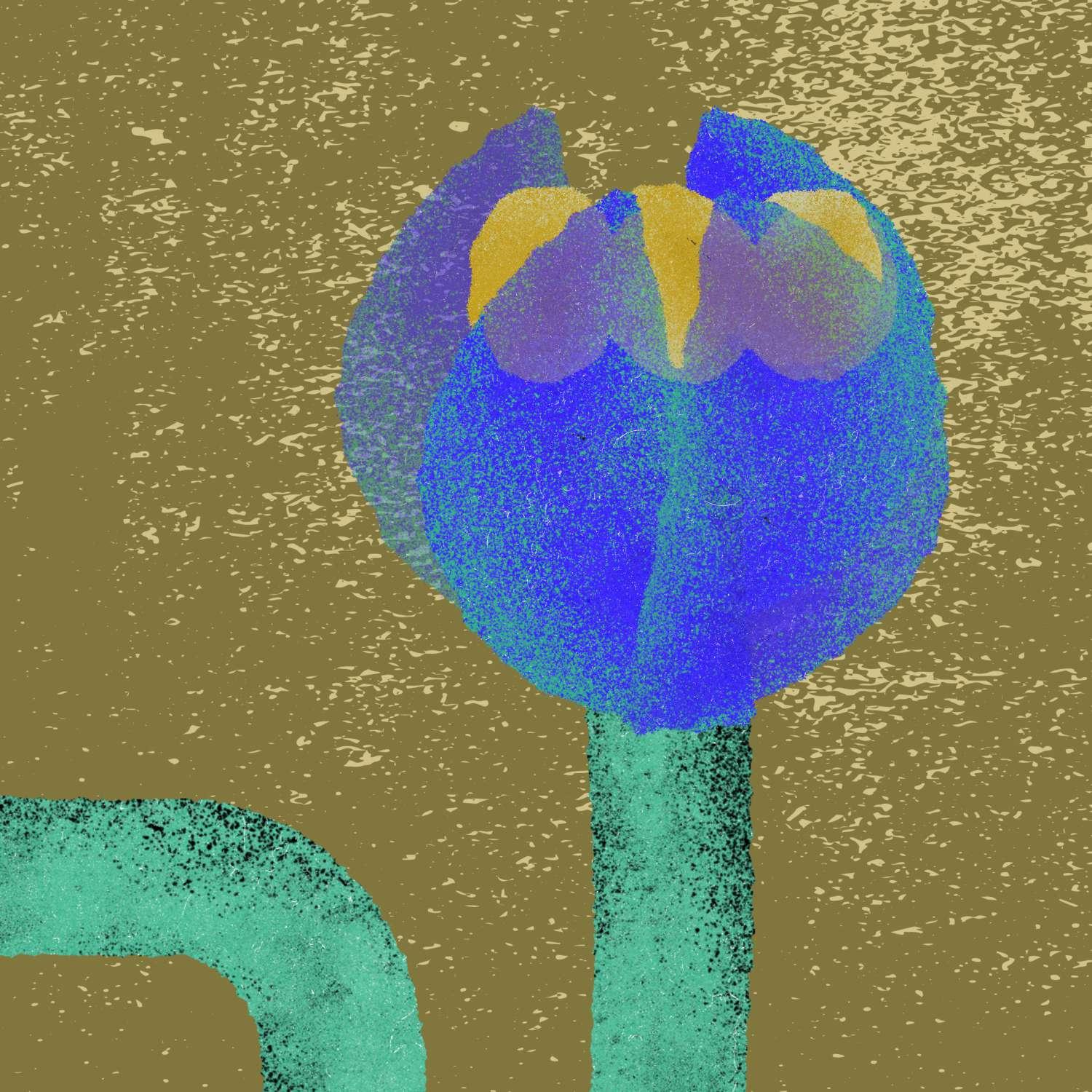









 By Wendy Lew Toda
By Wendy Lew Toda






 Brene Brown
Brene Brown

 By Jon Moy
By Jon Moy

















 By Jang Lee 11x14 oil paint
By Jang Lee 11x14 oil paint






















 By Mide Kolawole
By Mide Kolawole




 By Blake Thomsen
By Blake Thomsen
















 Artwork by Julia Hendrickson
Artwork by Julia Hendrickson
















